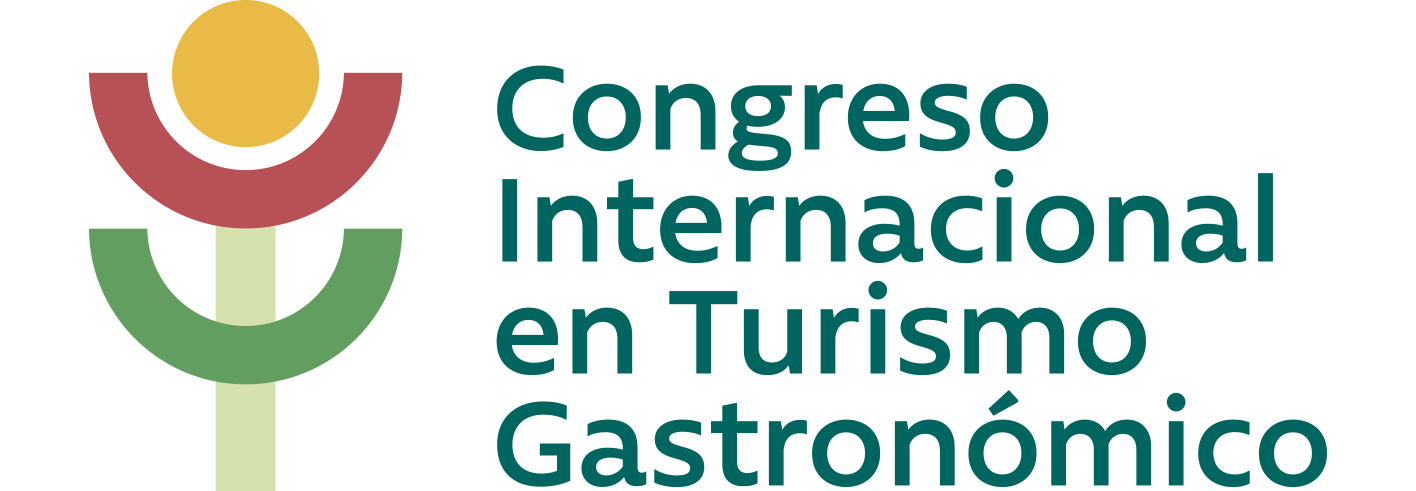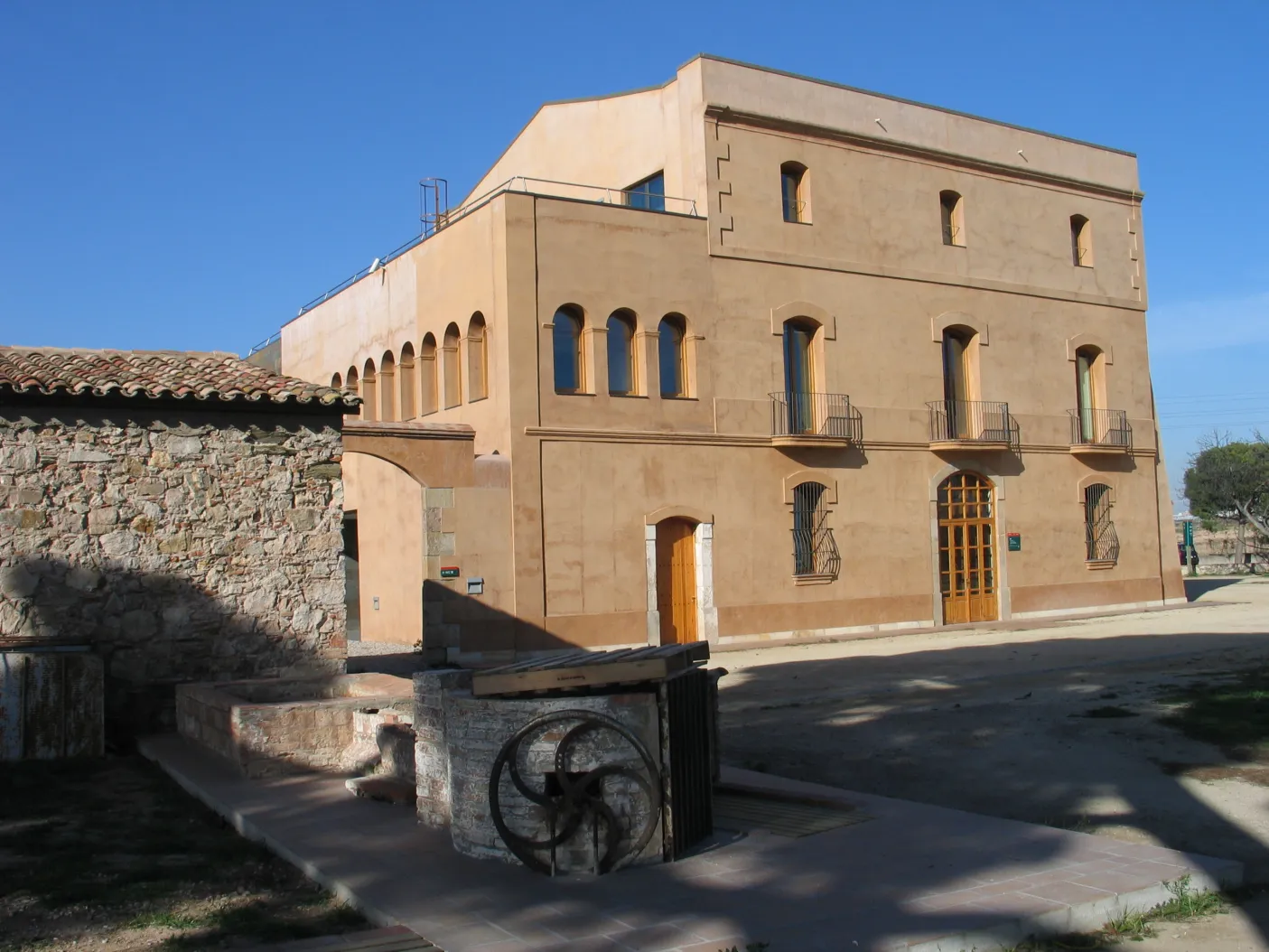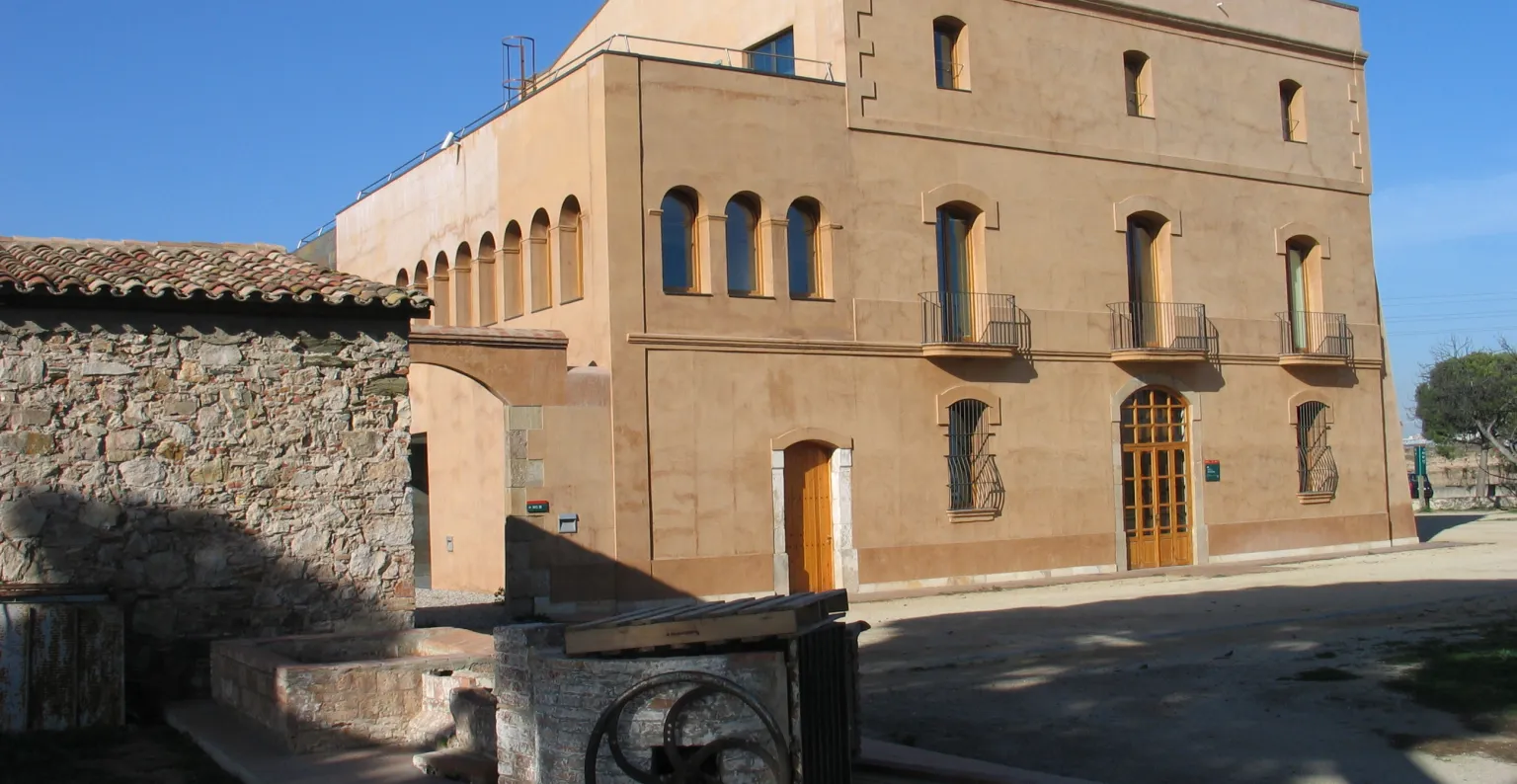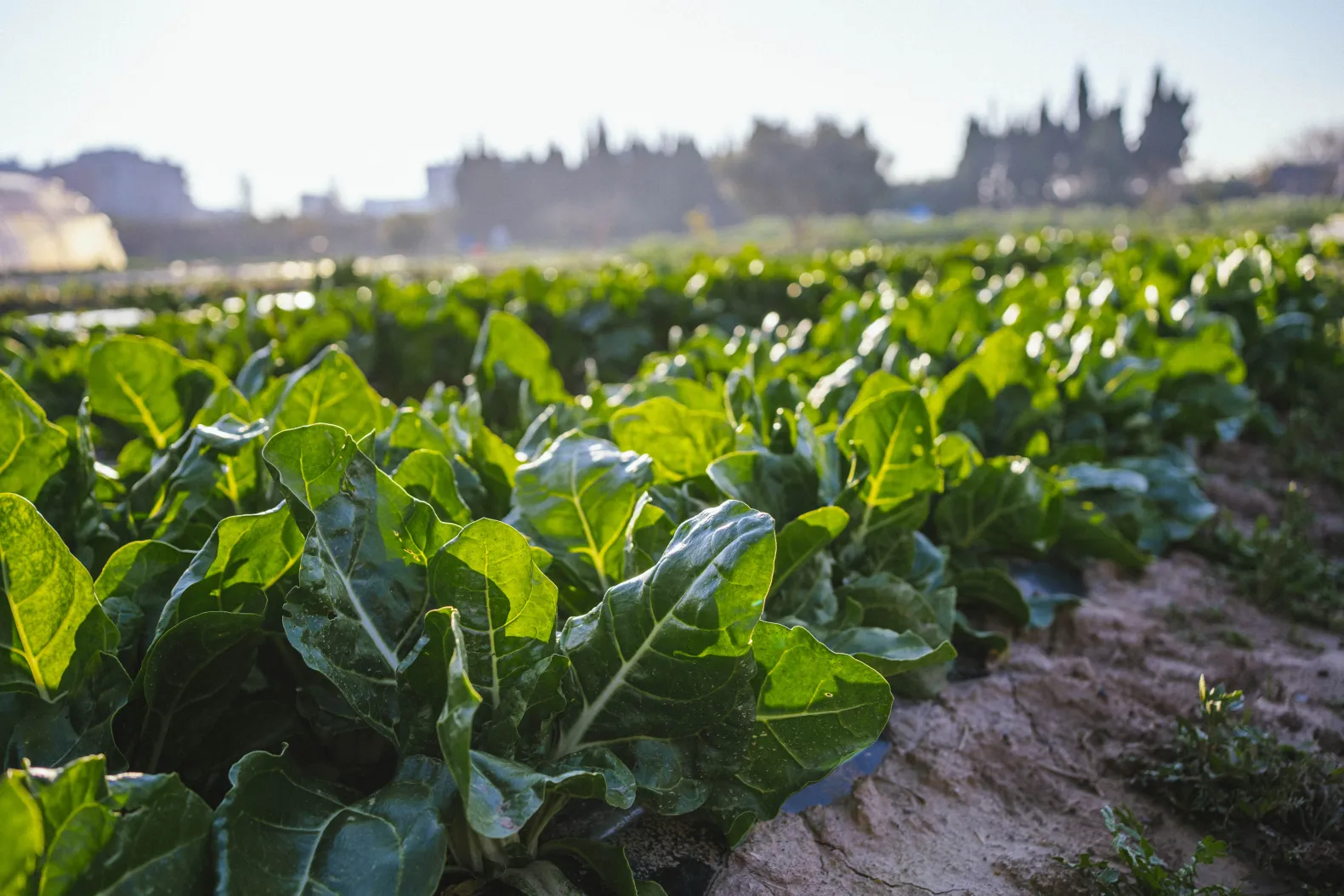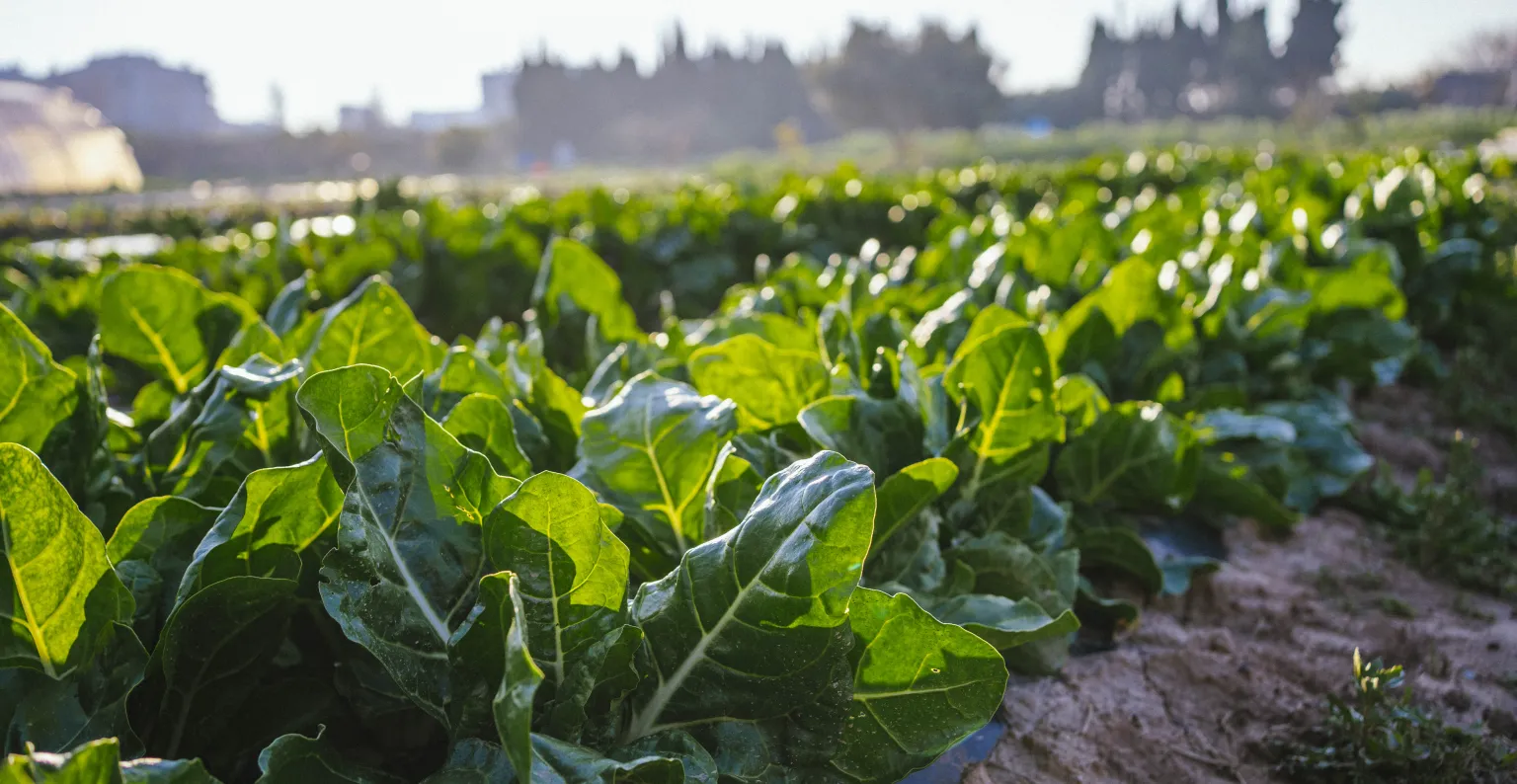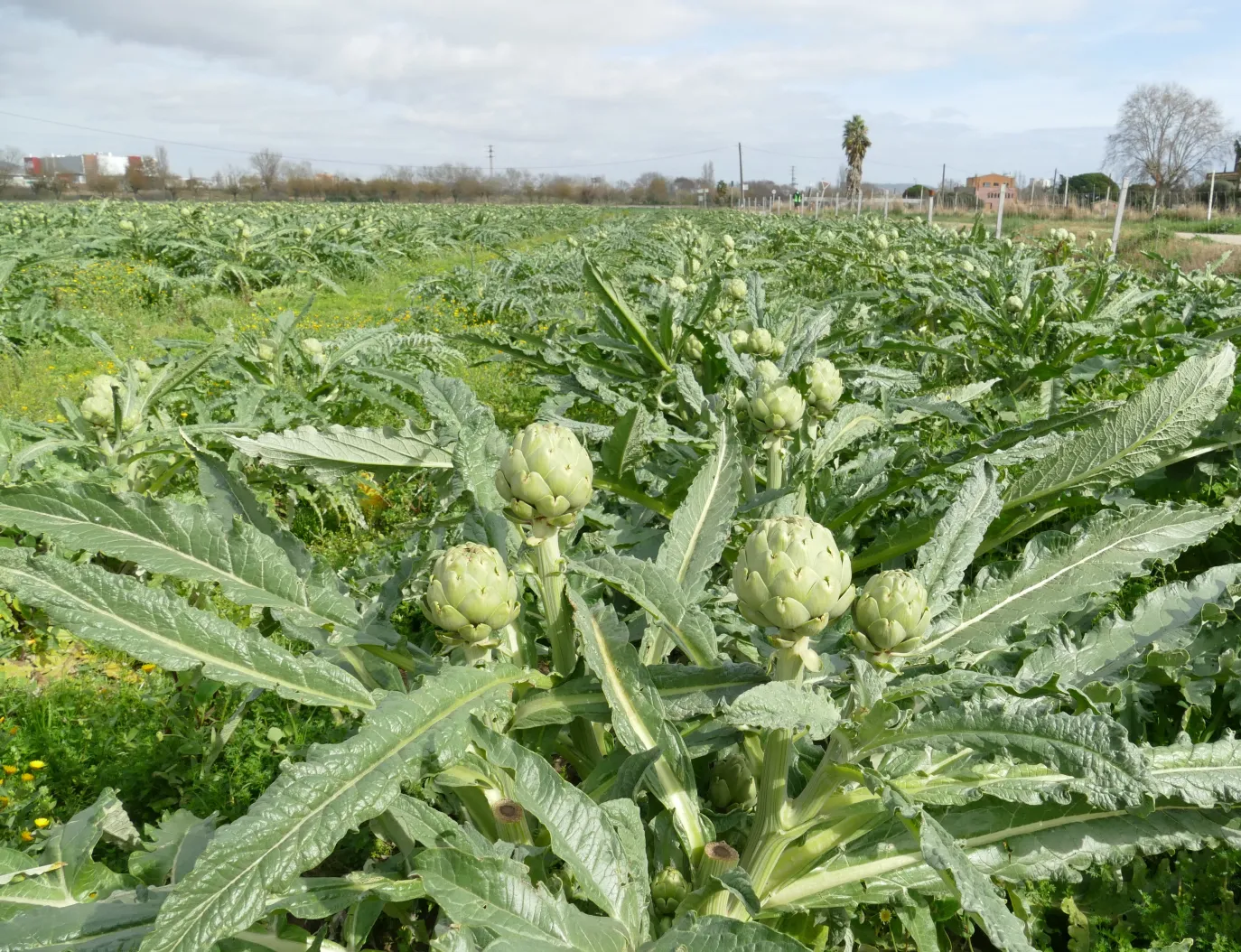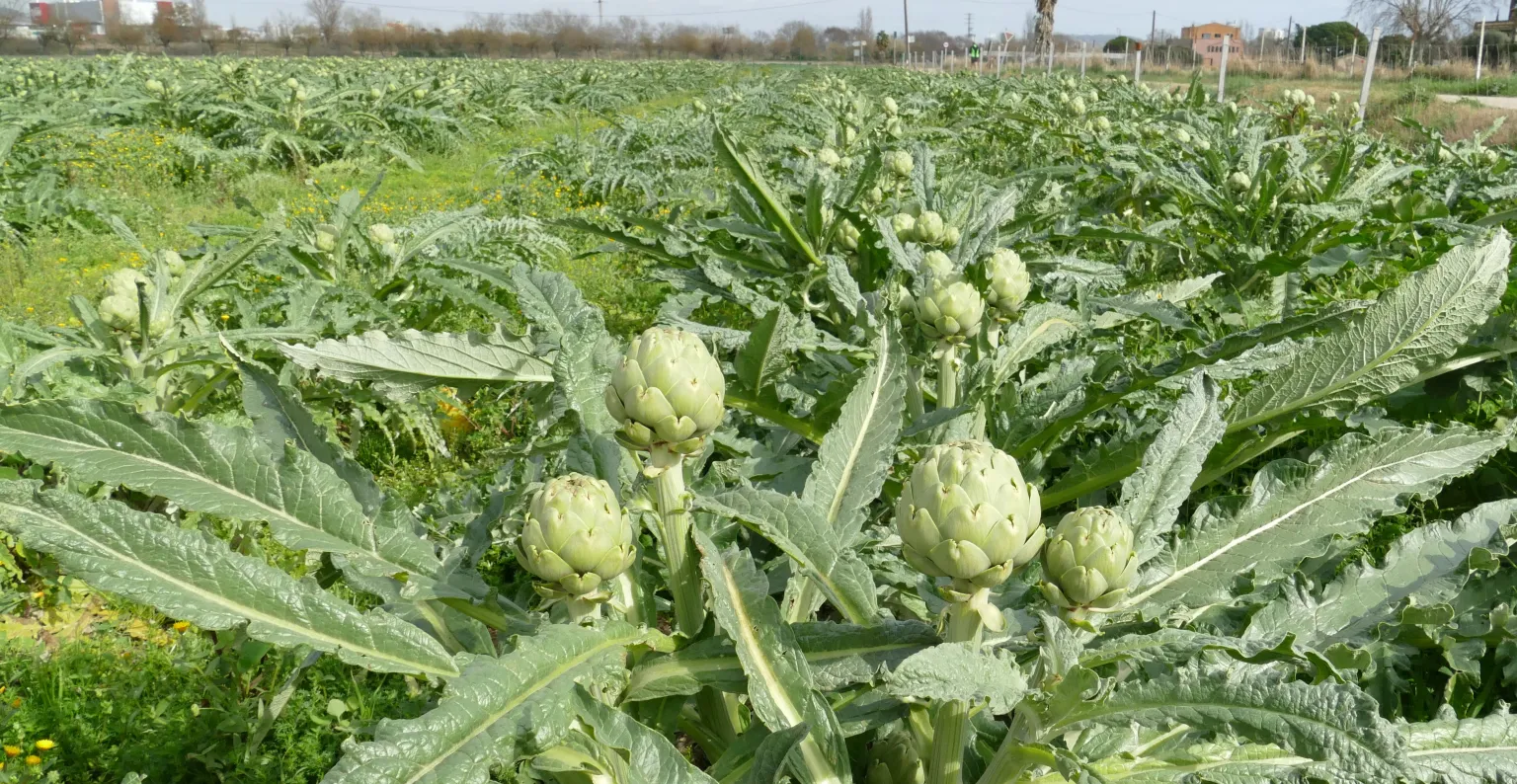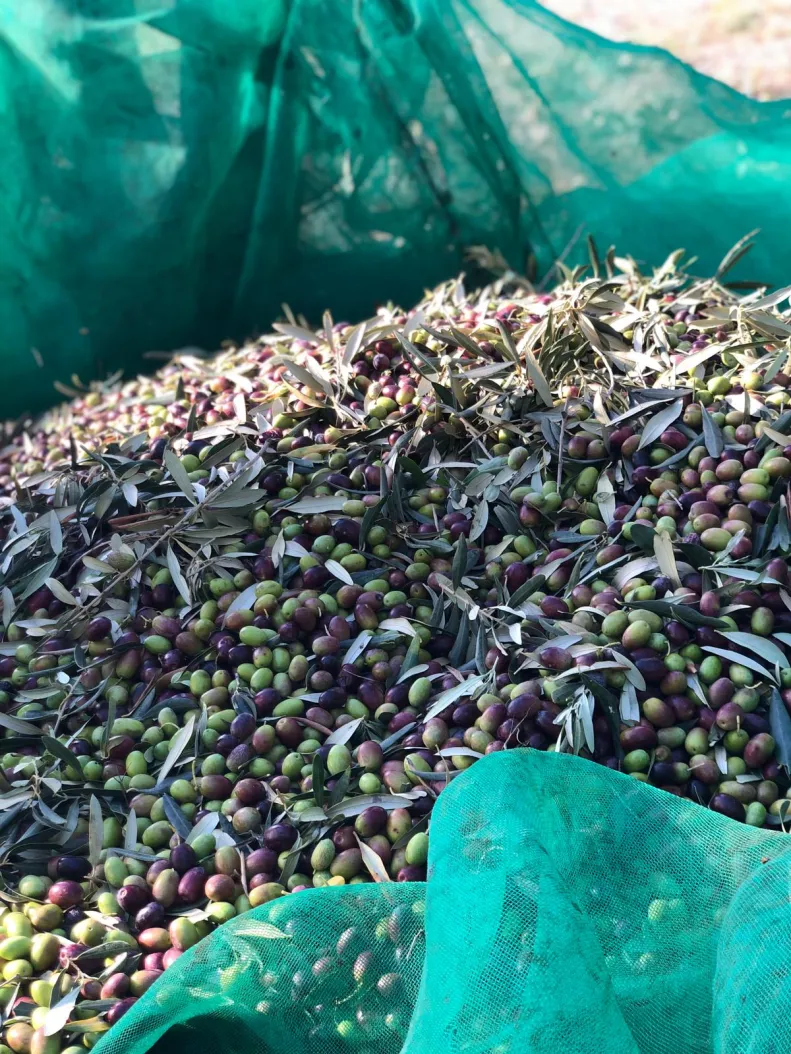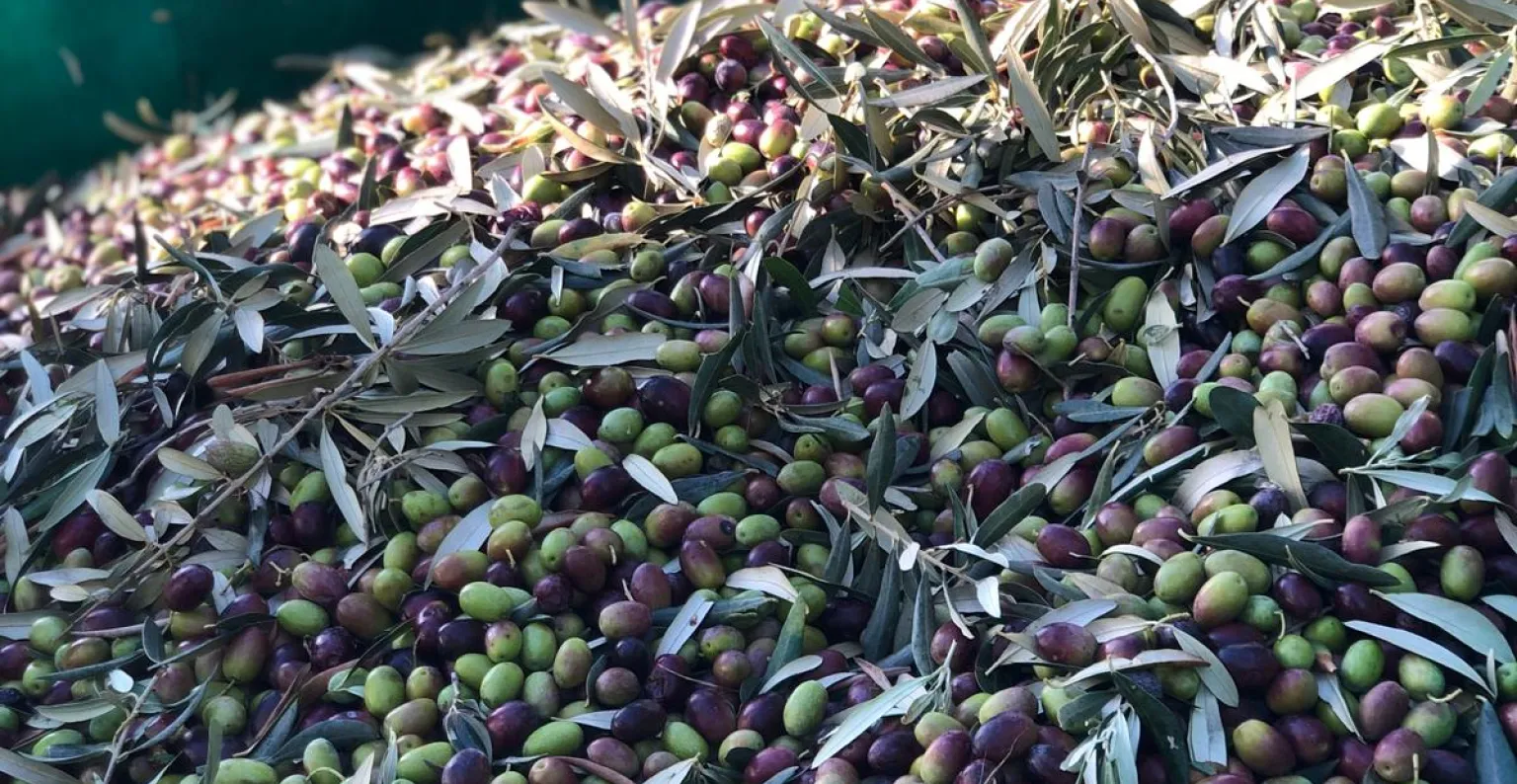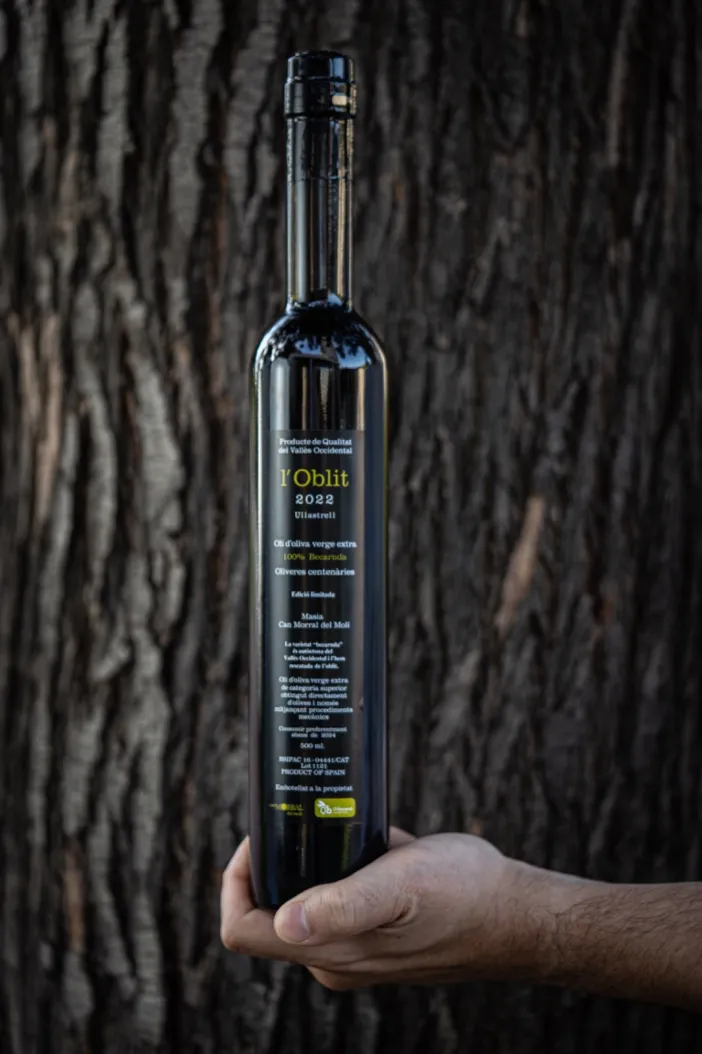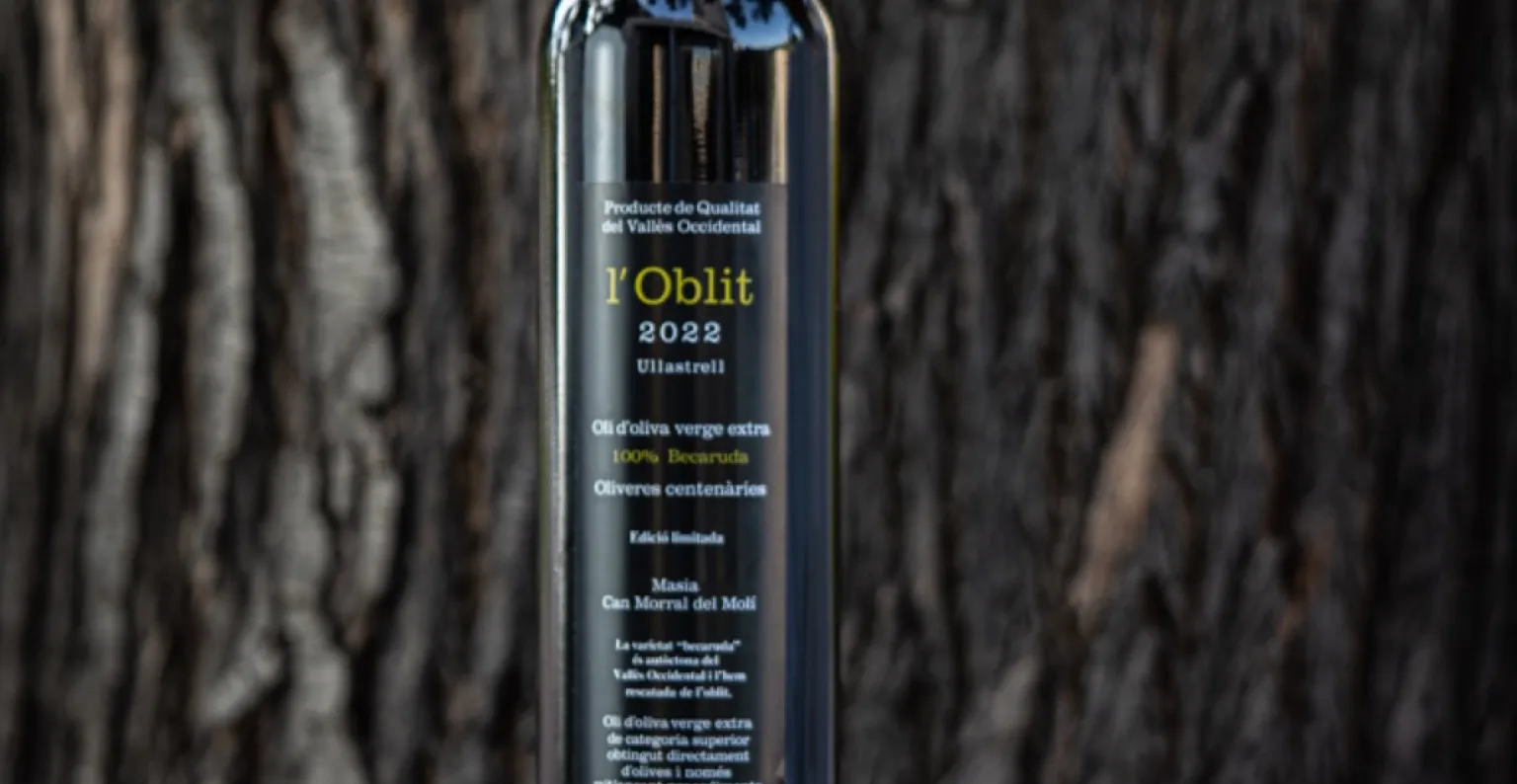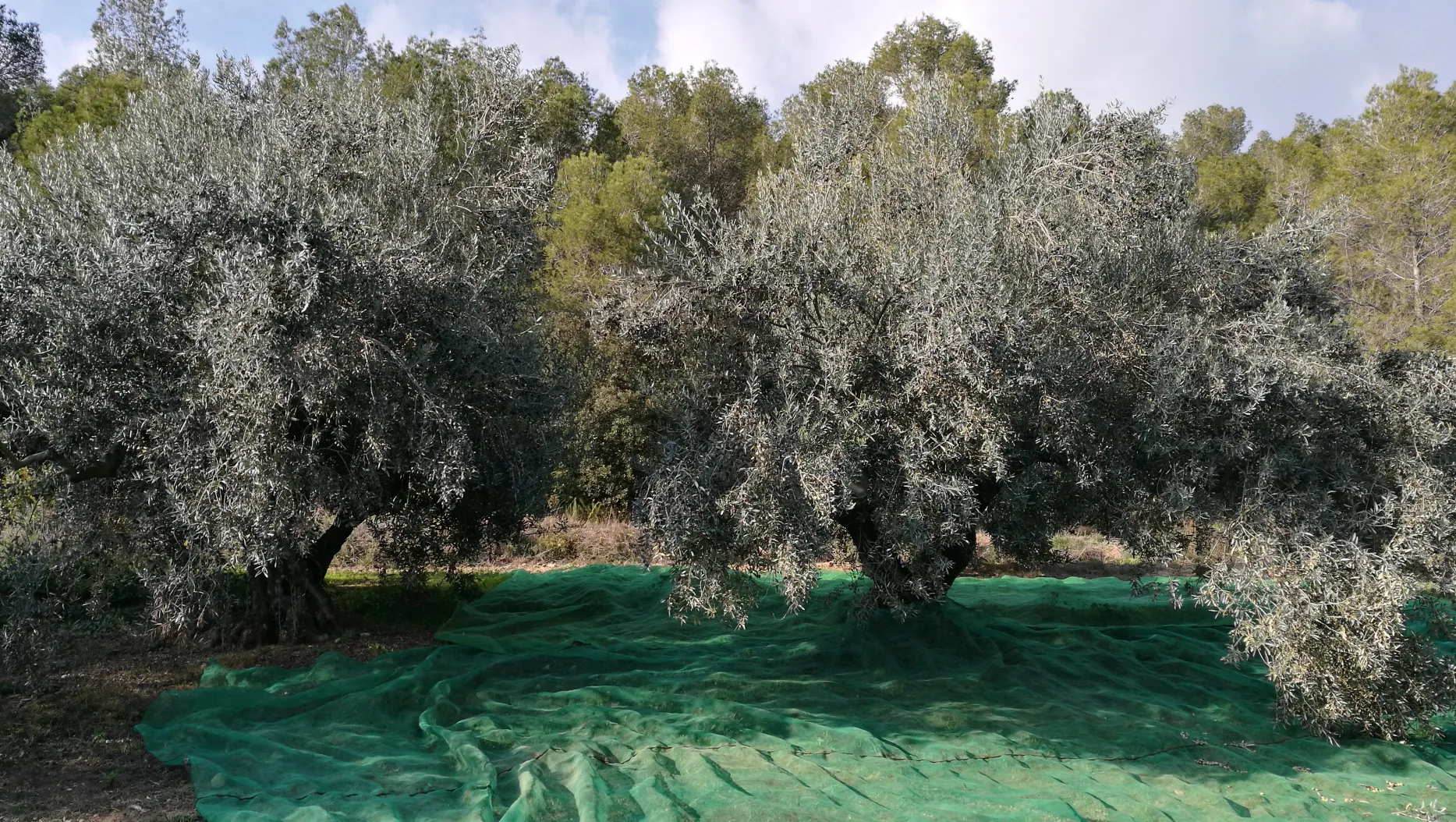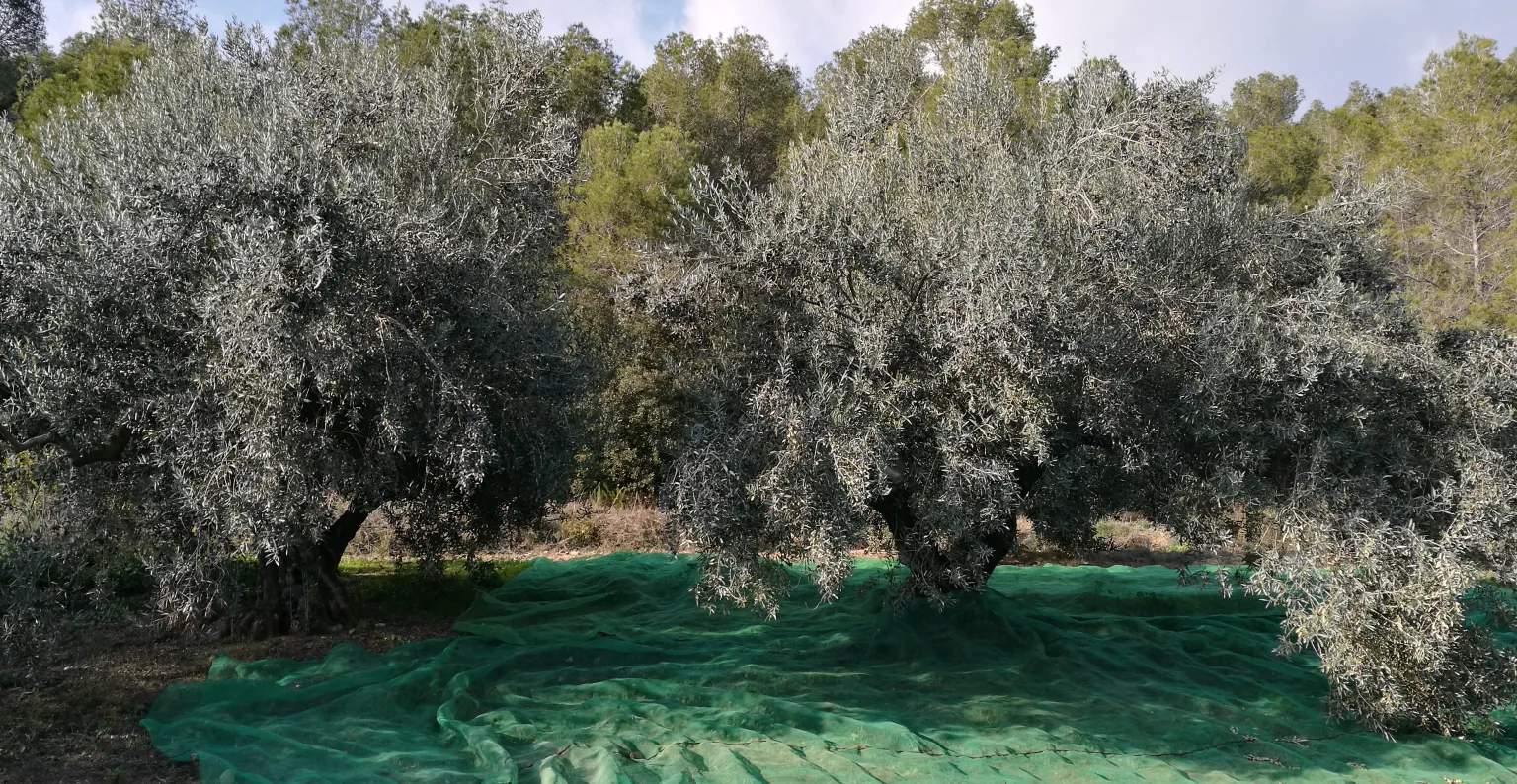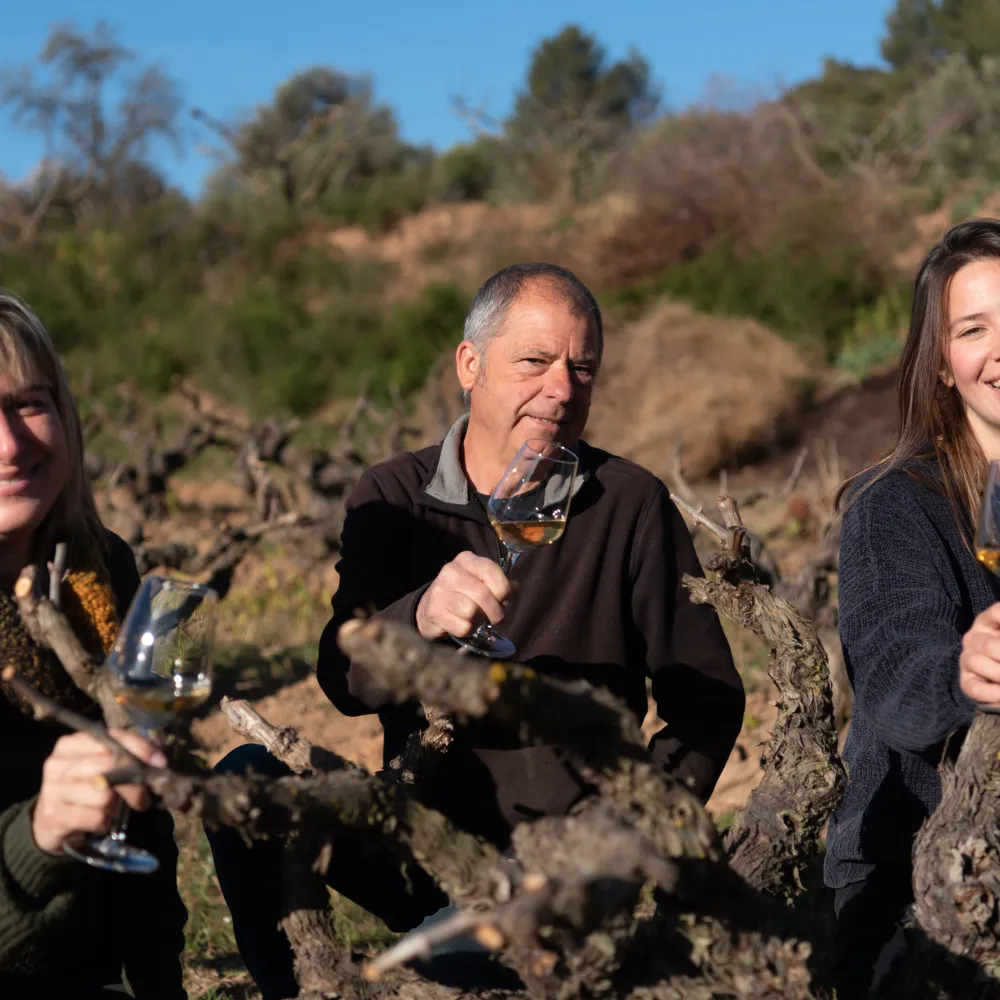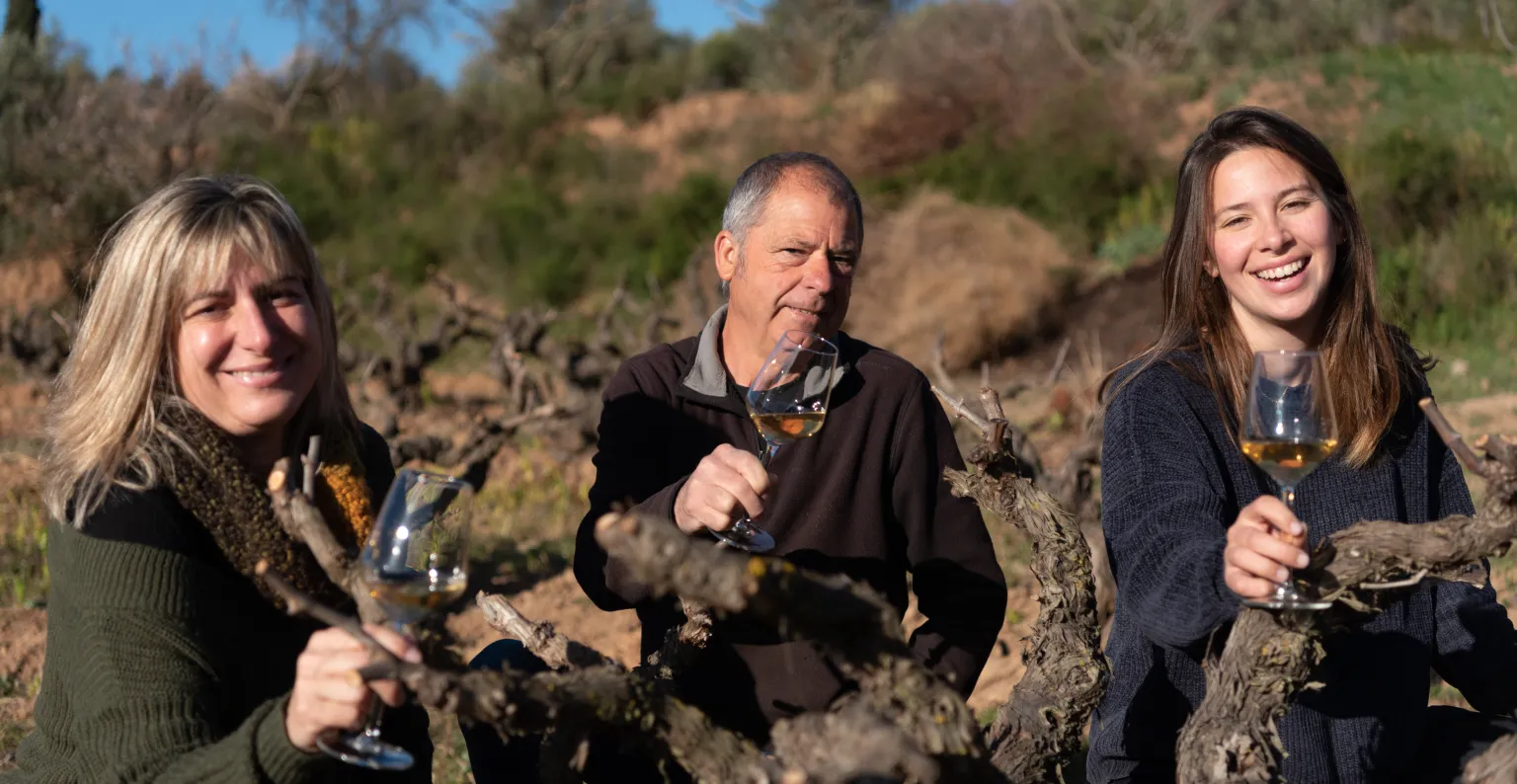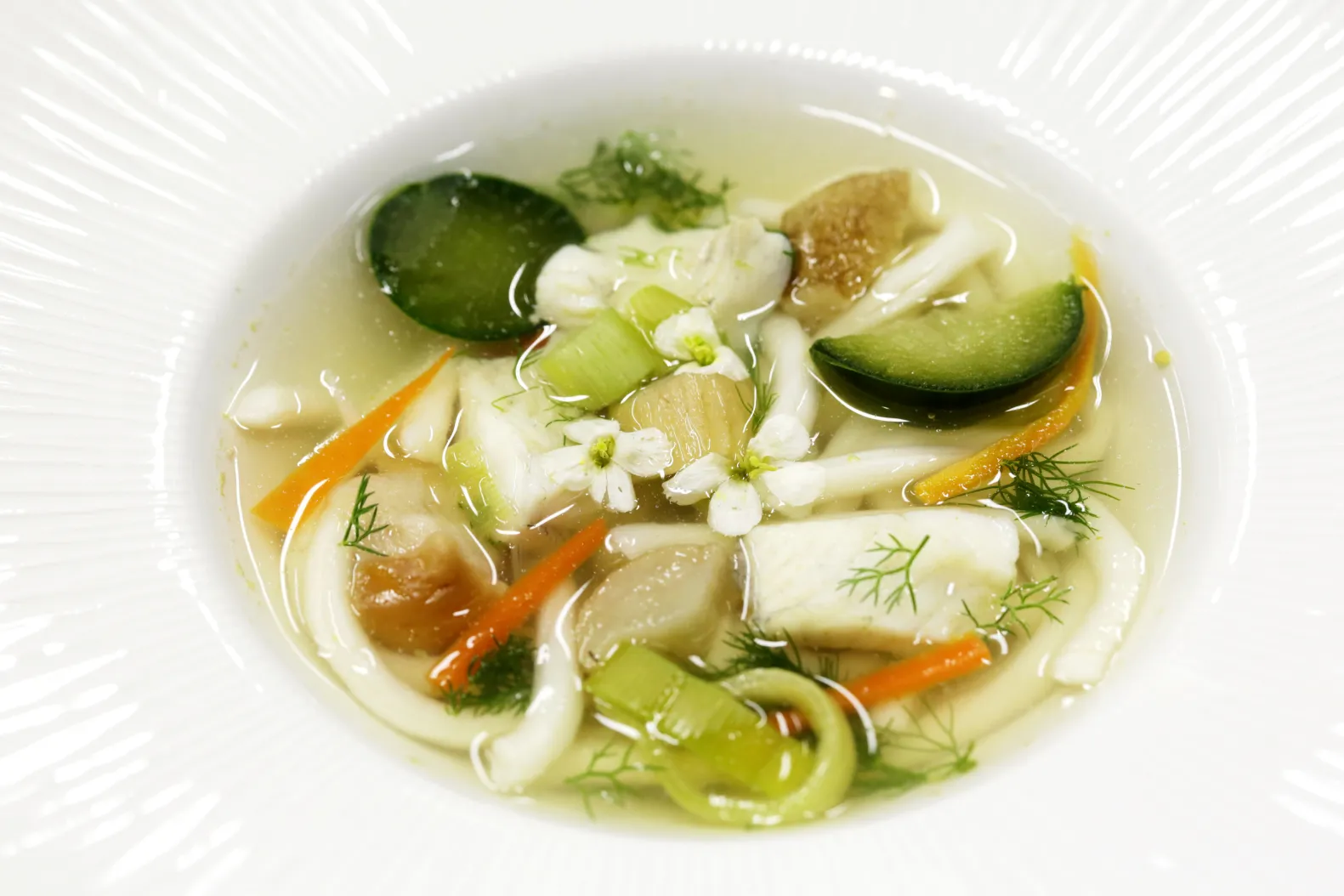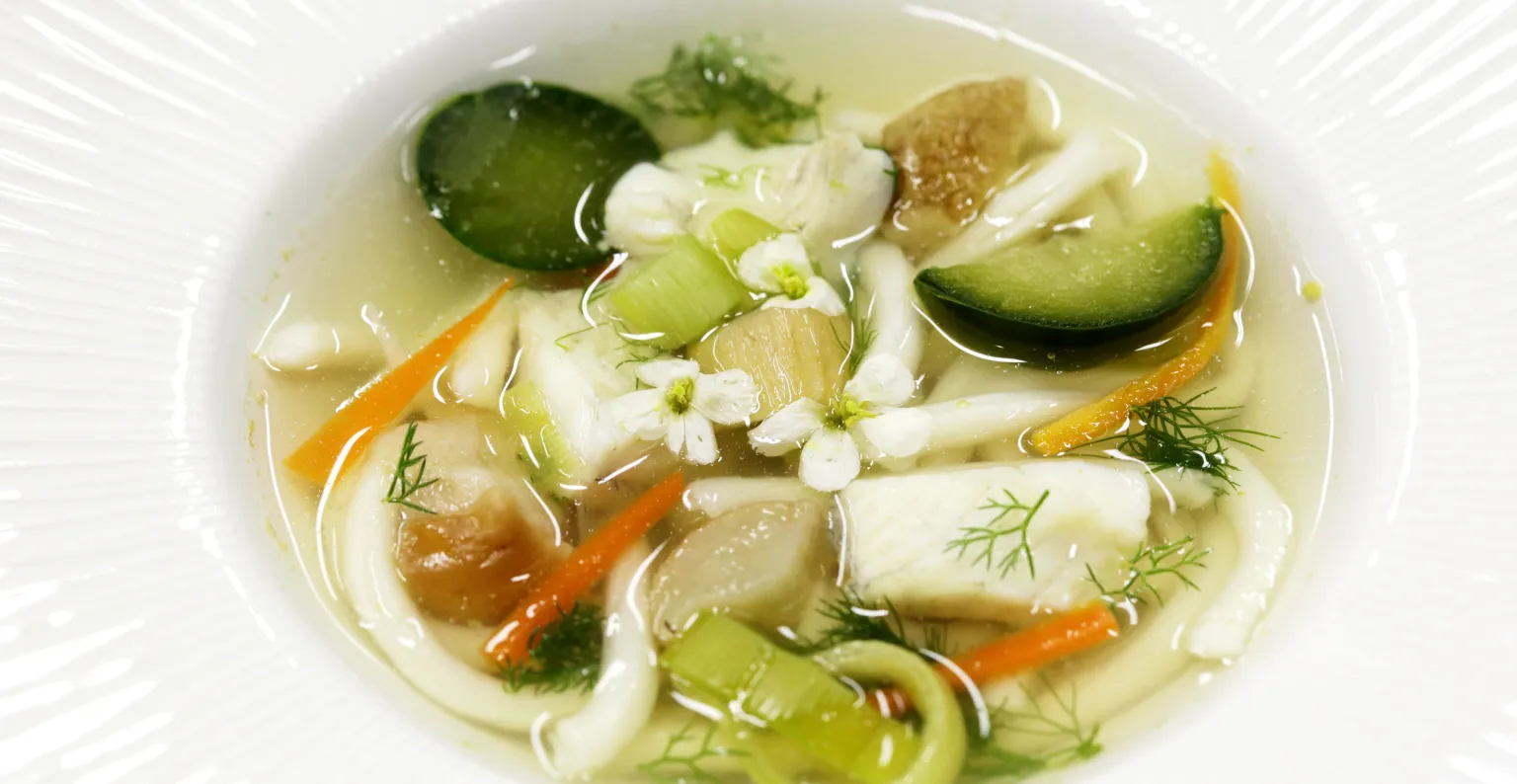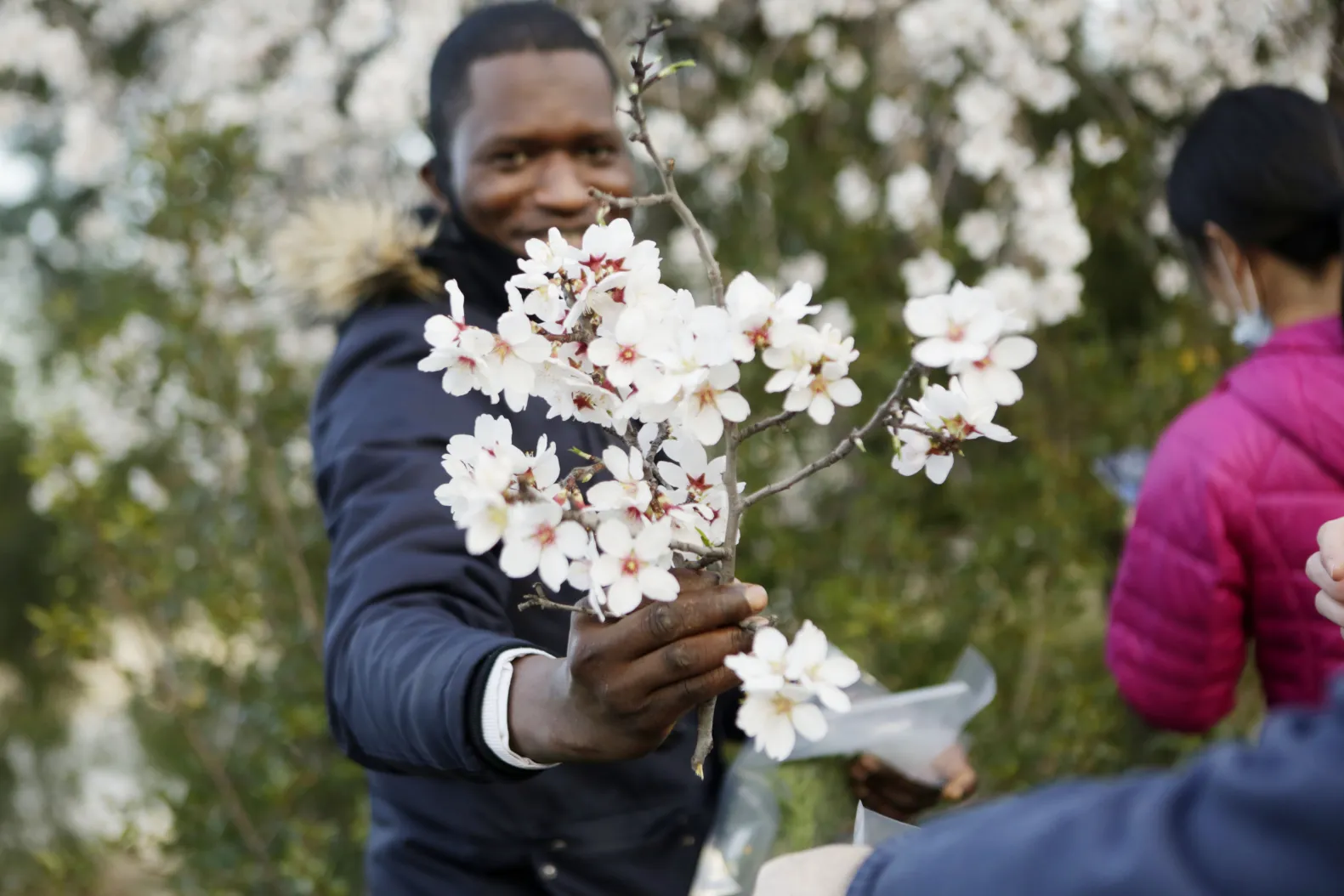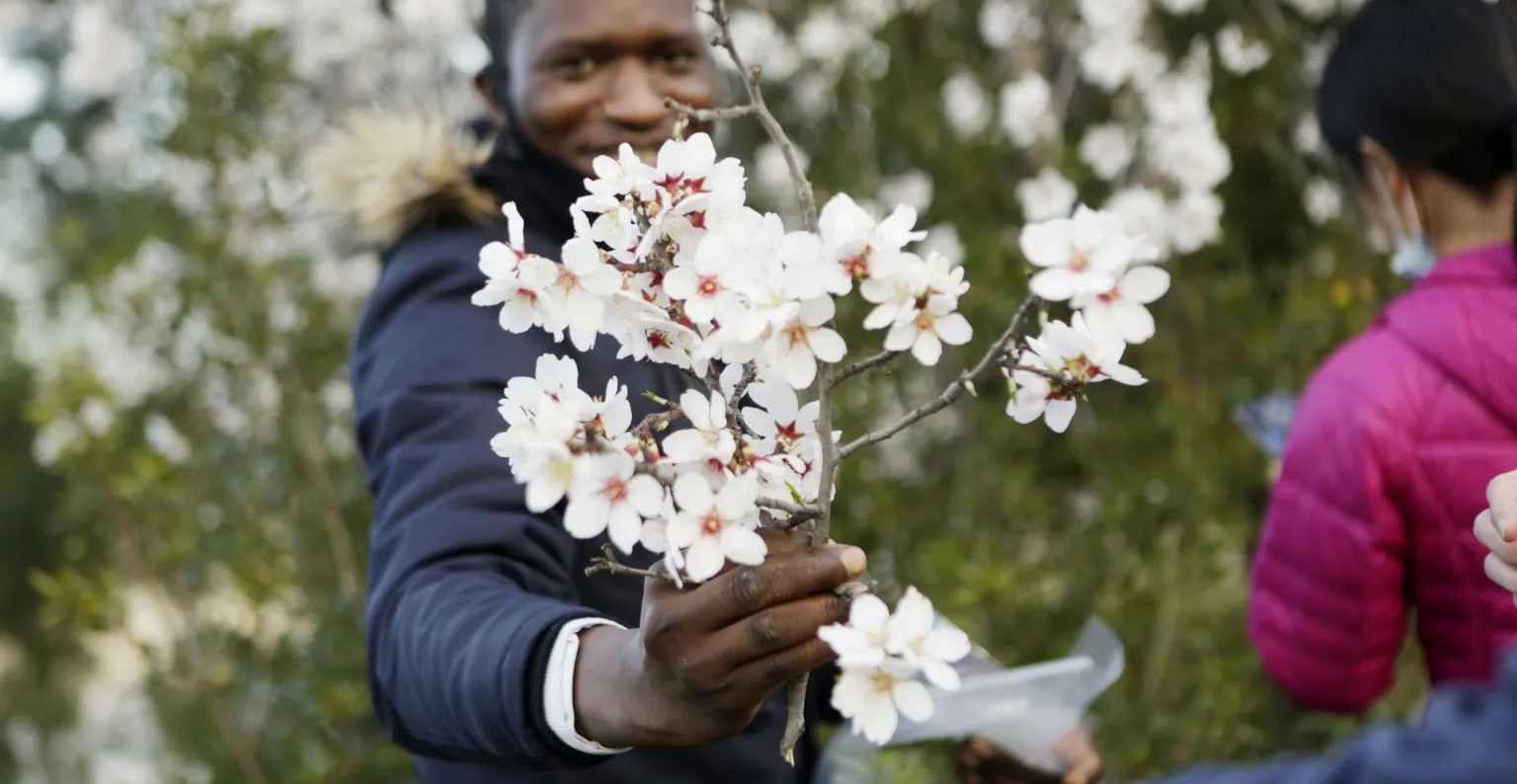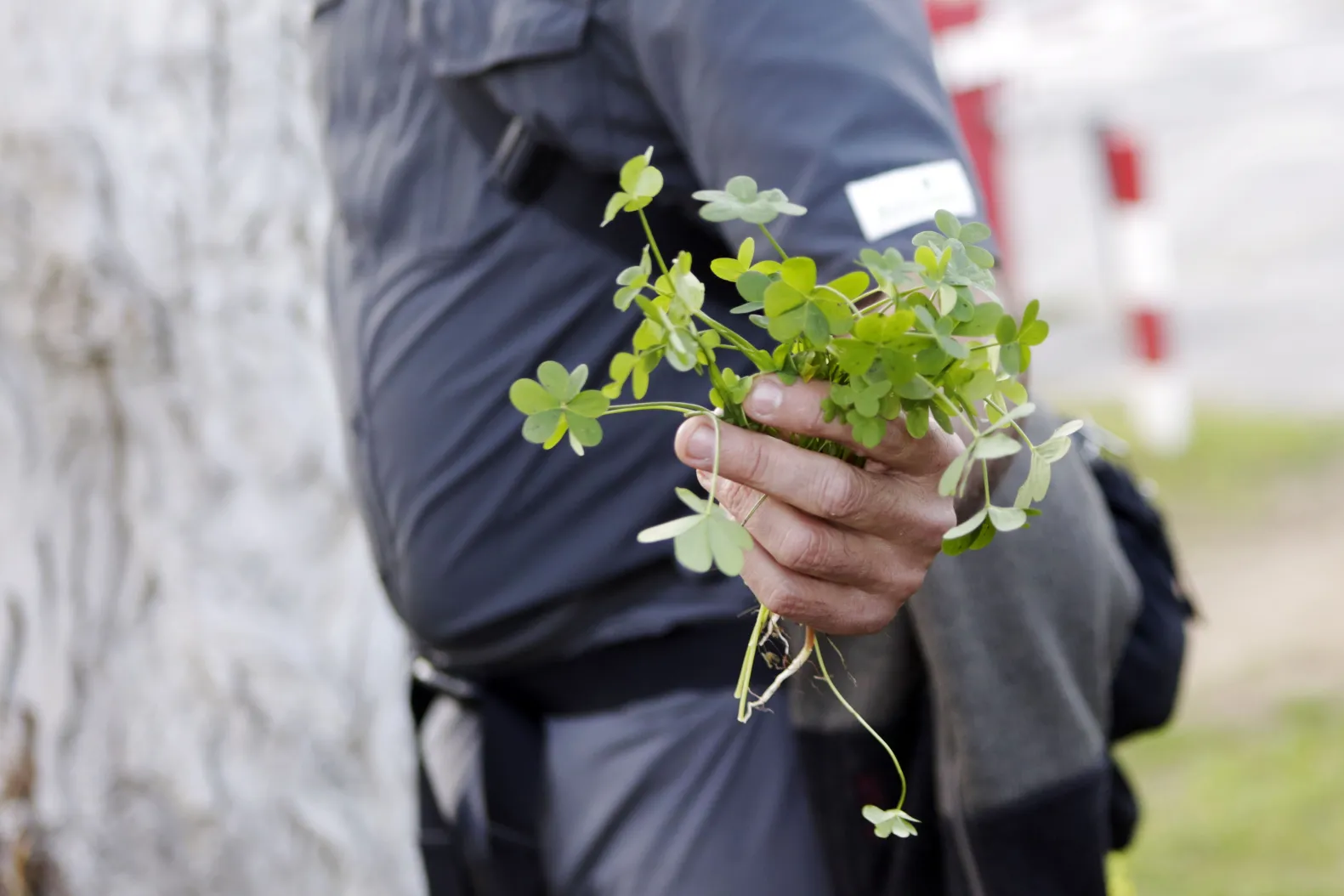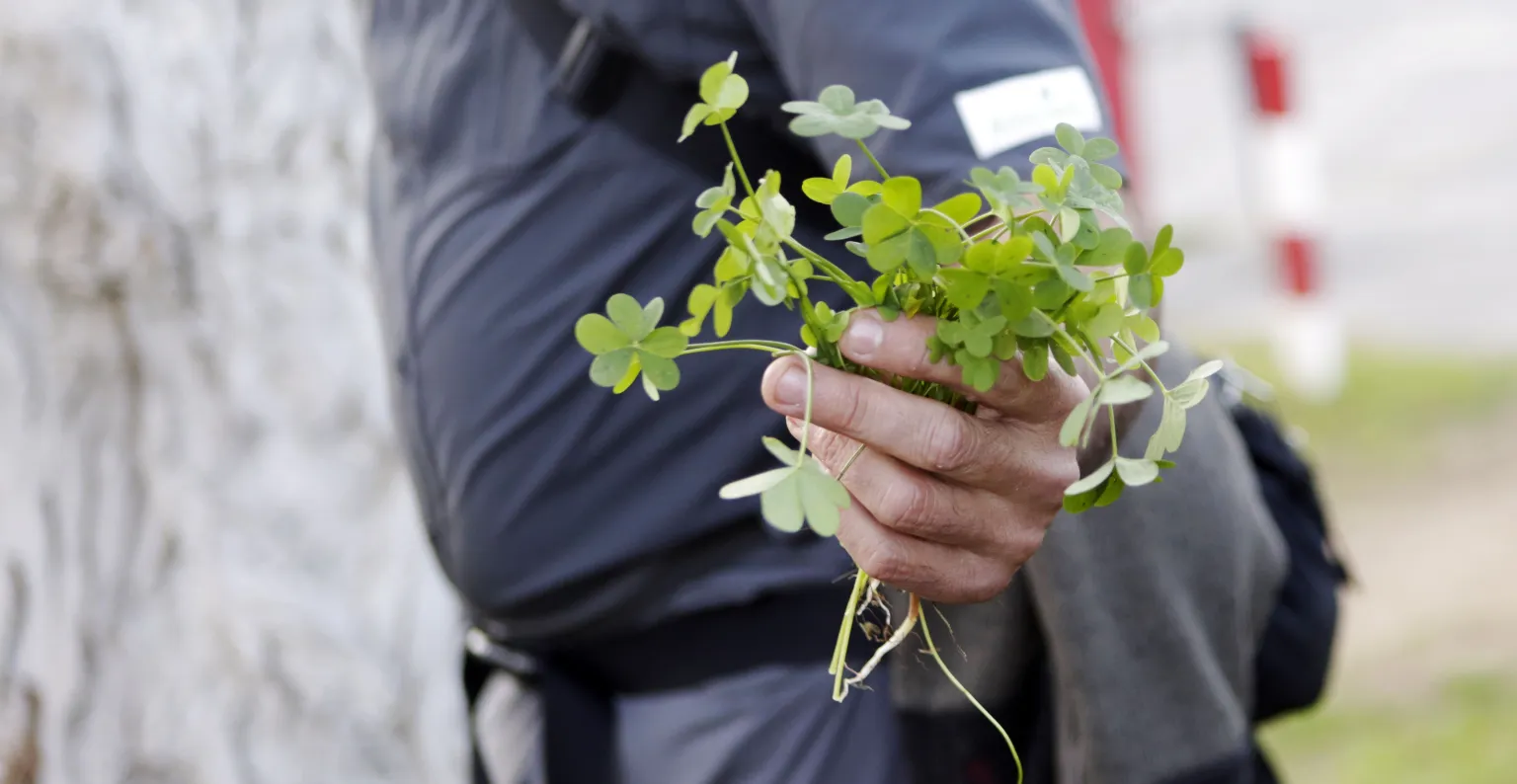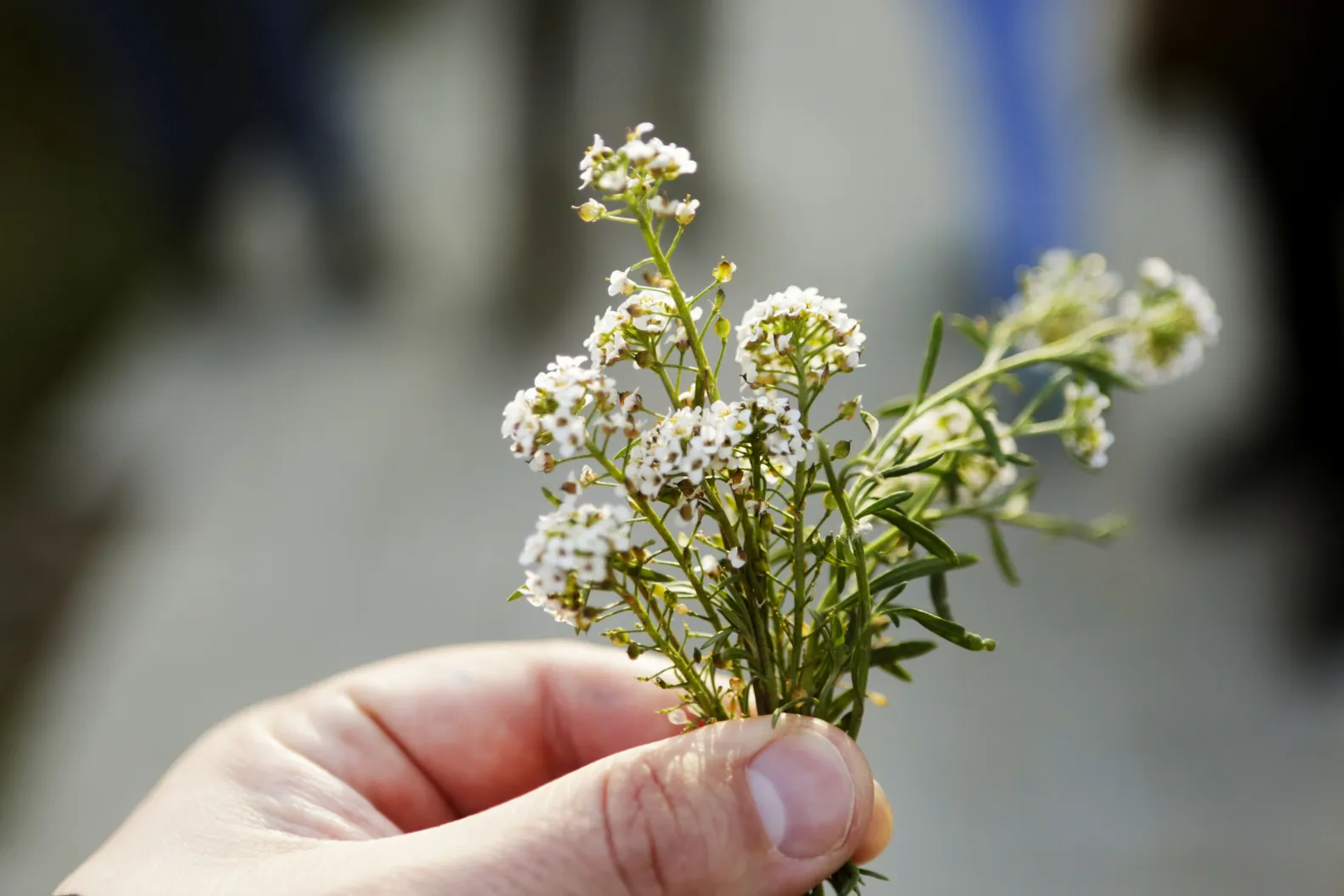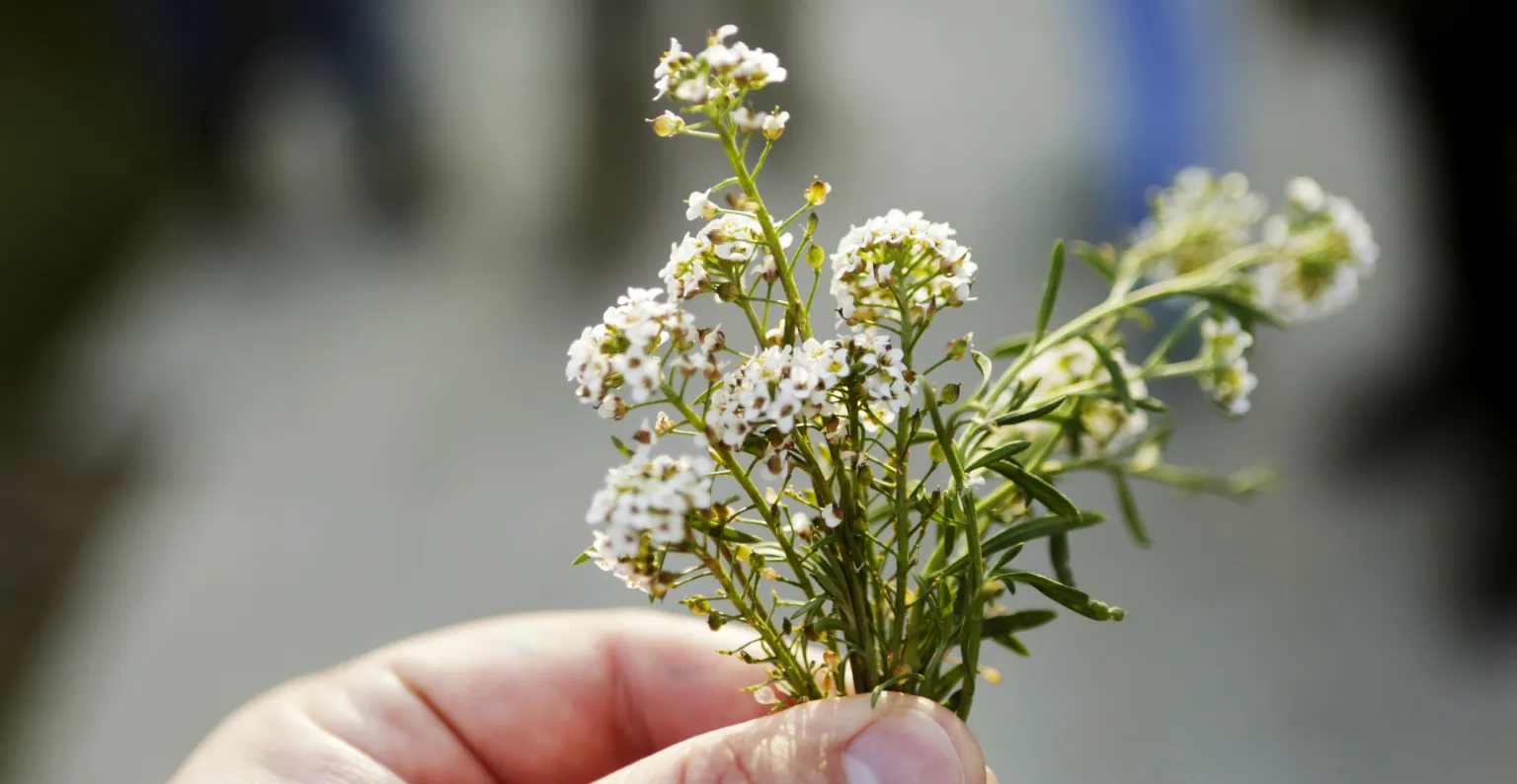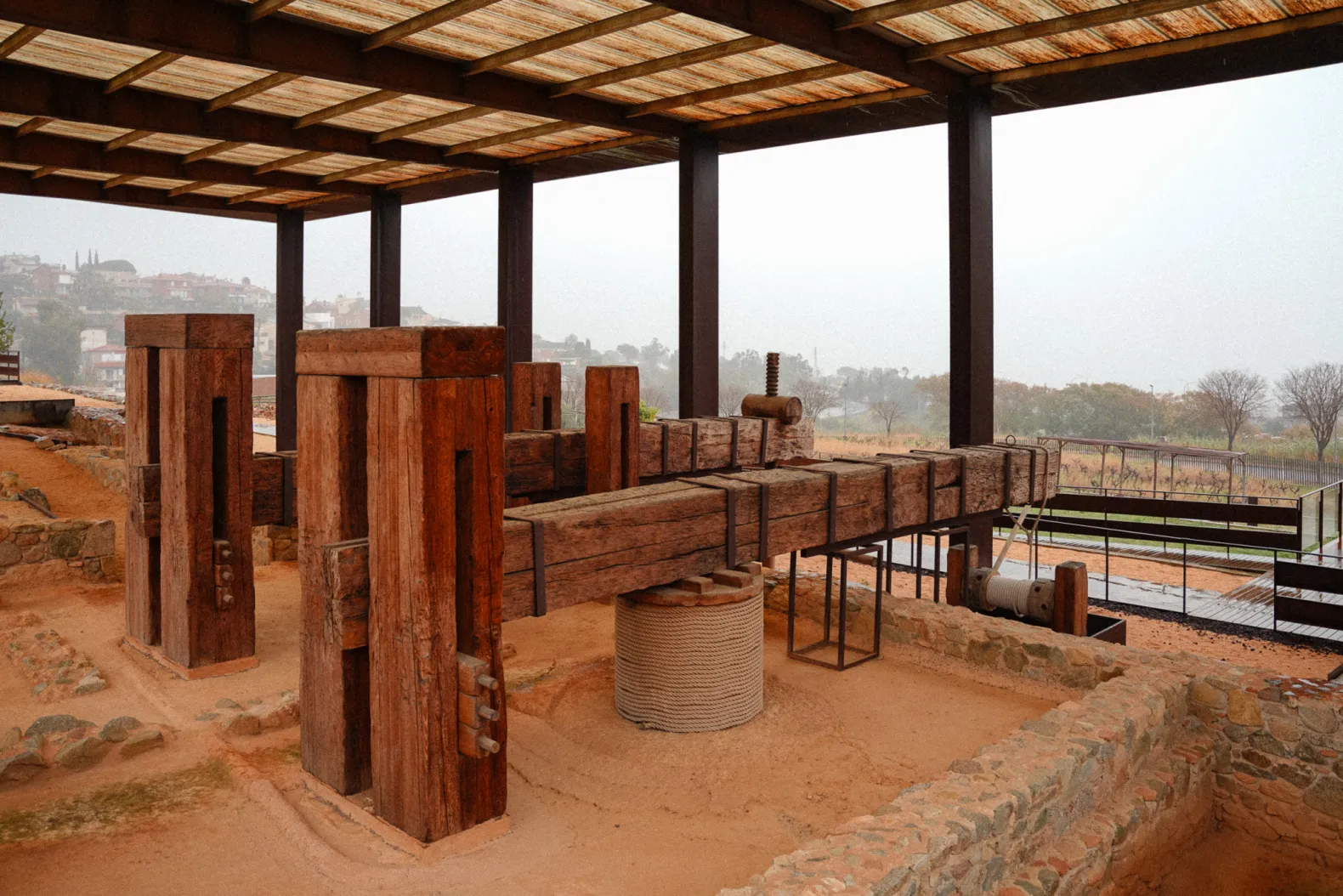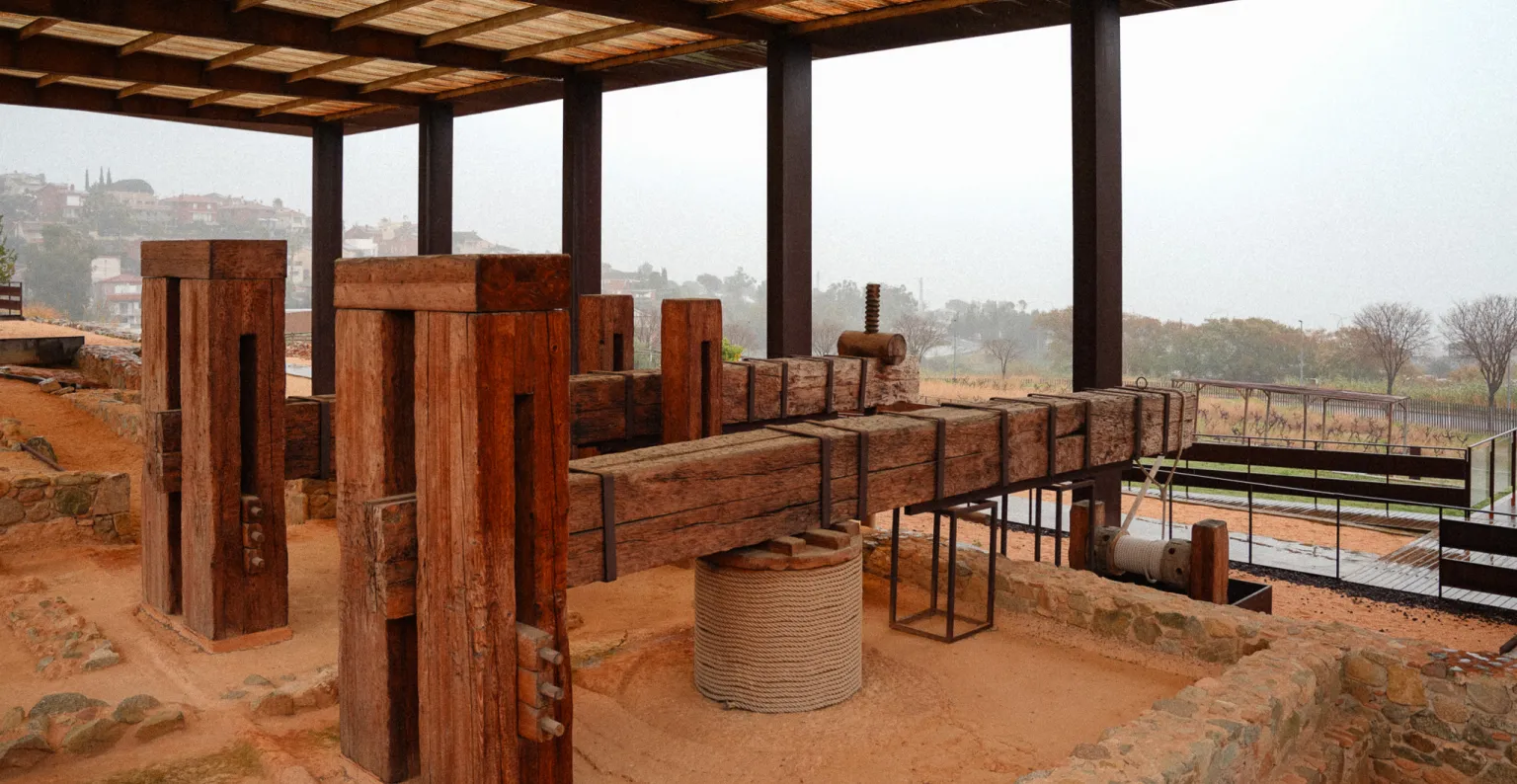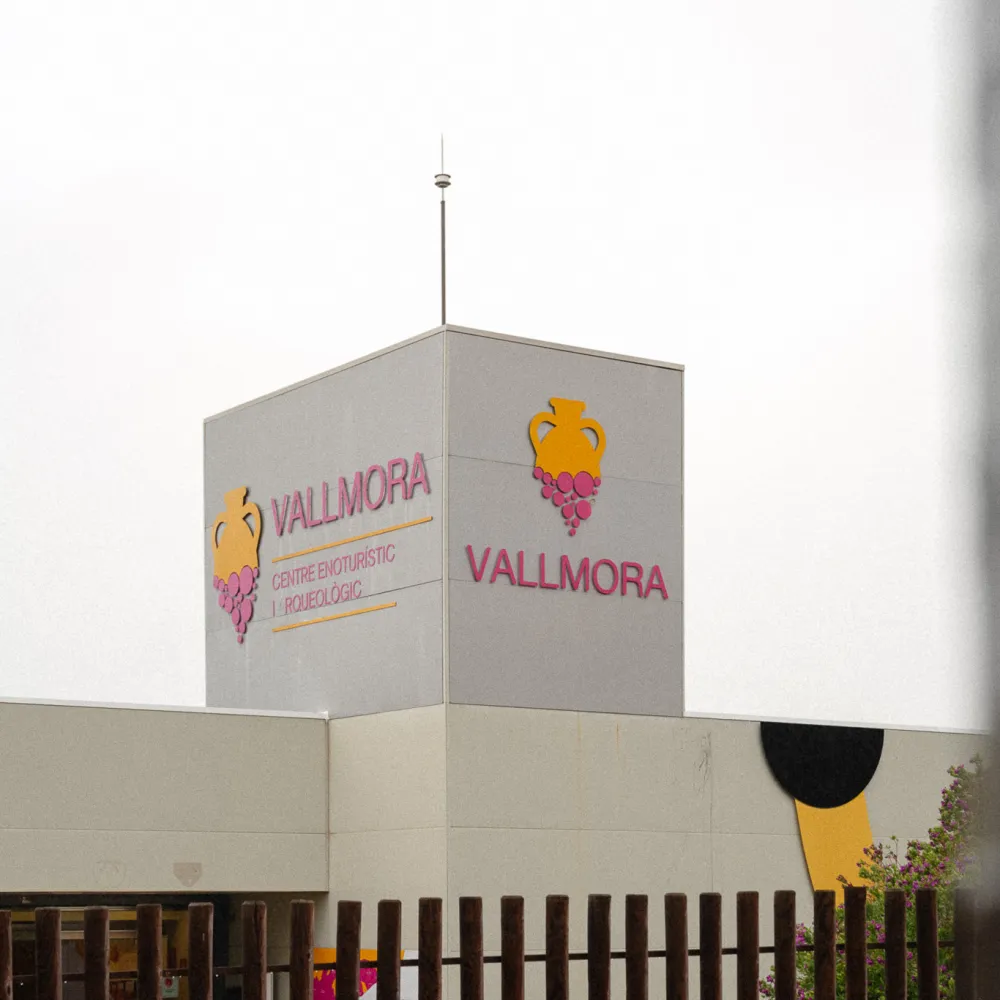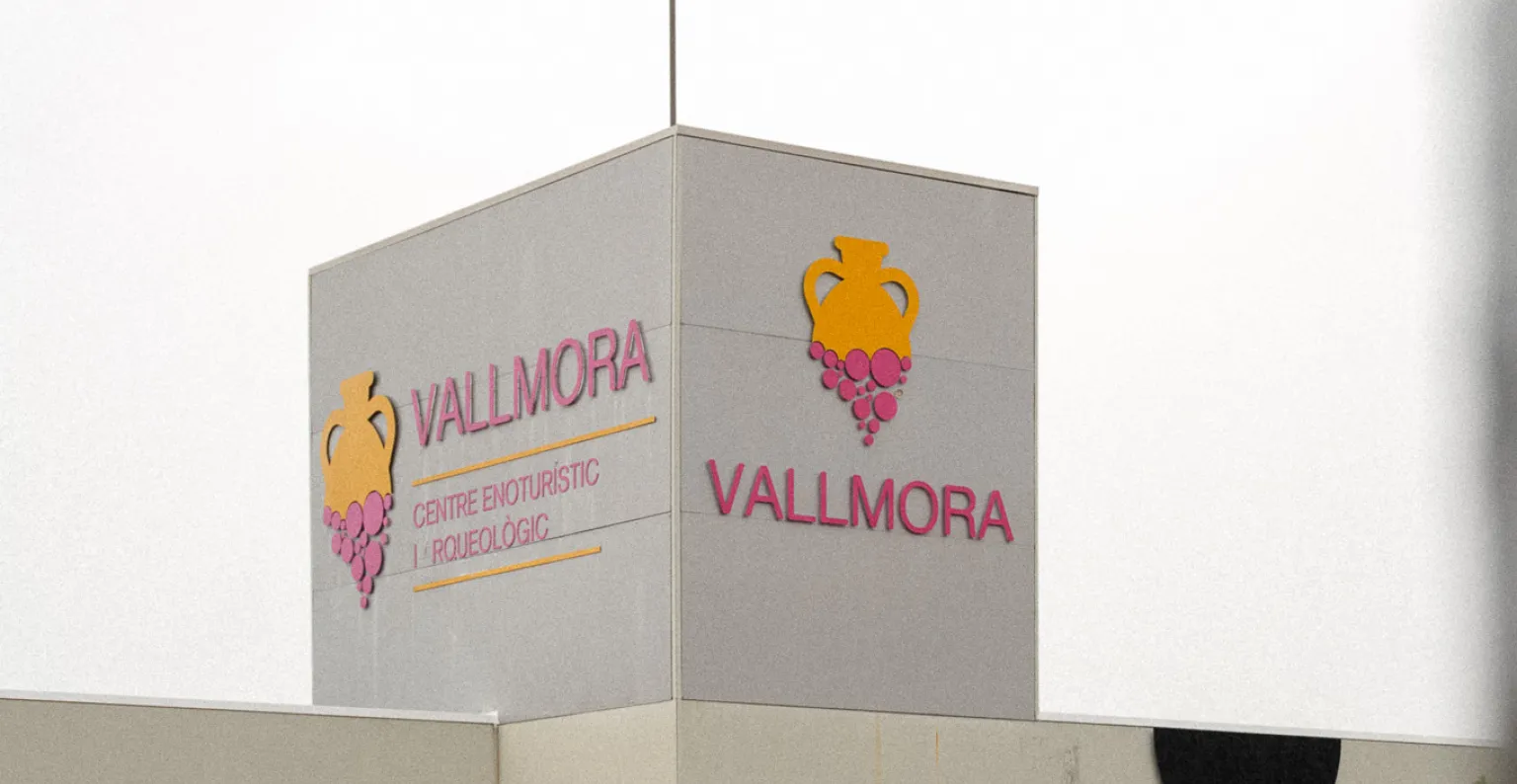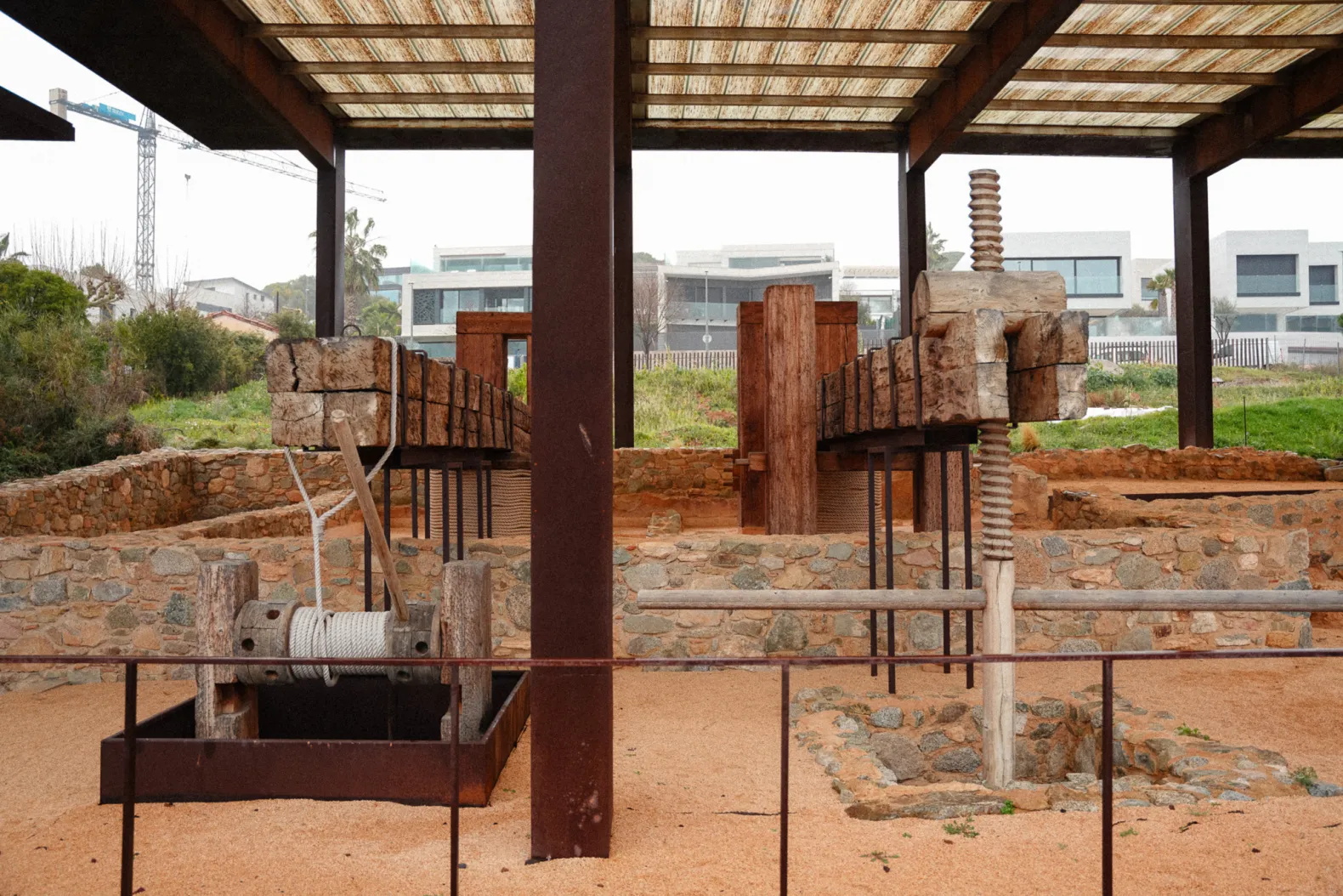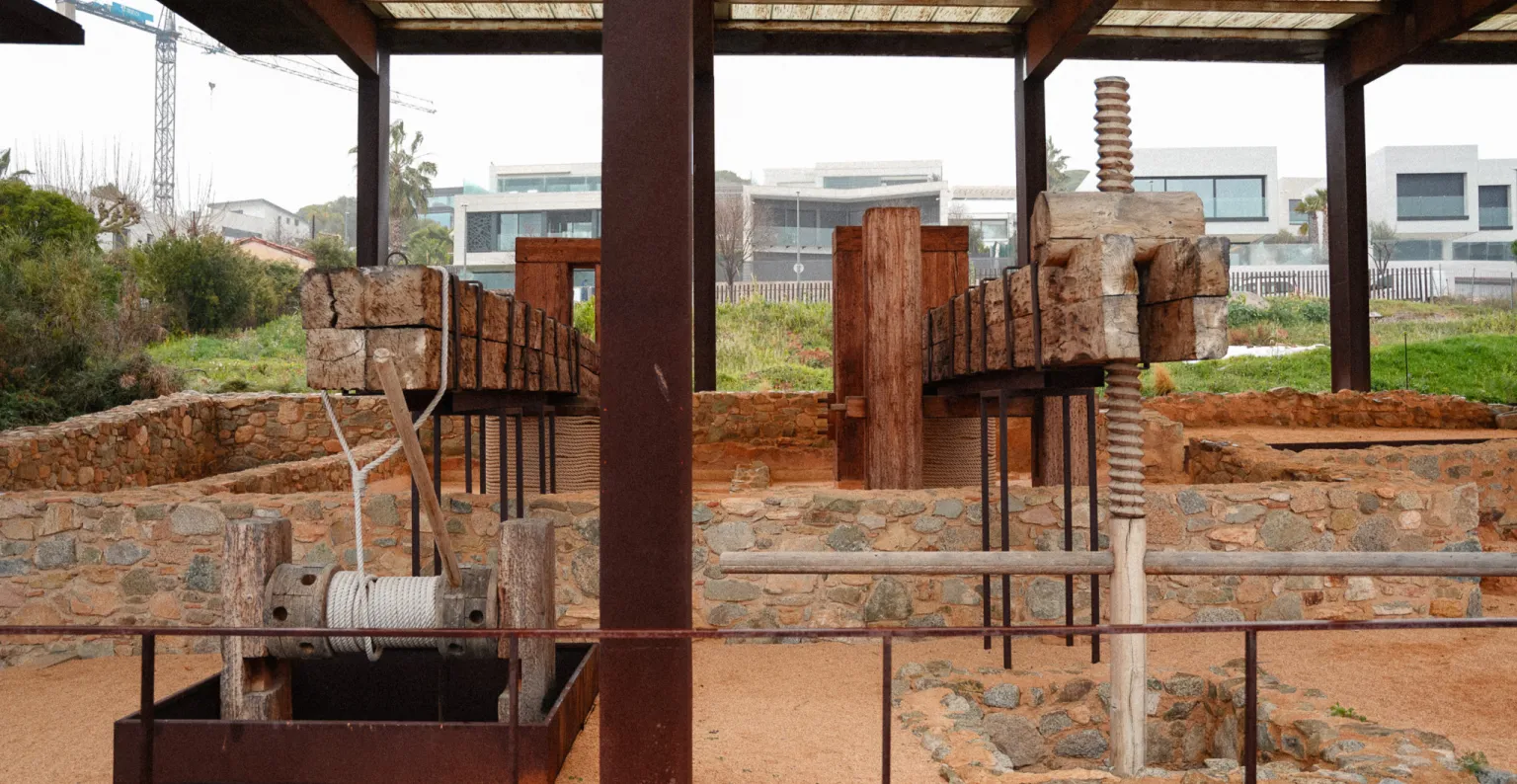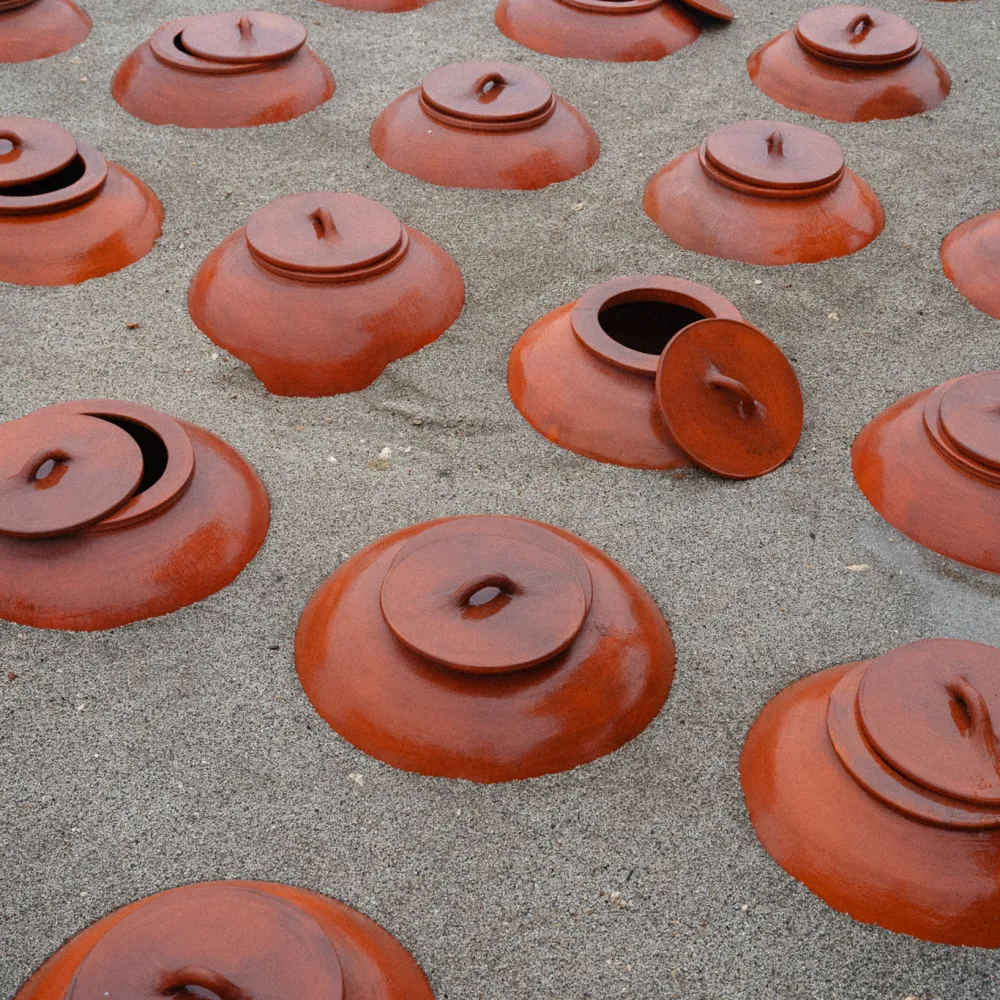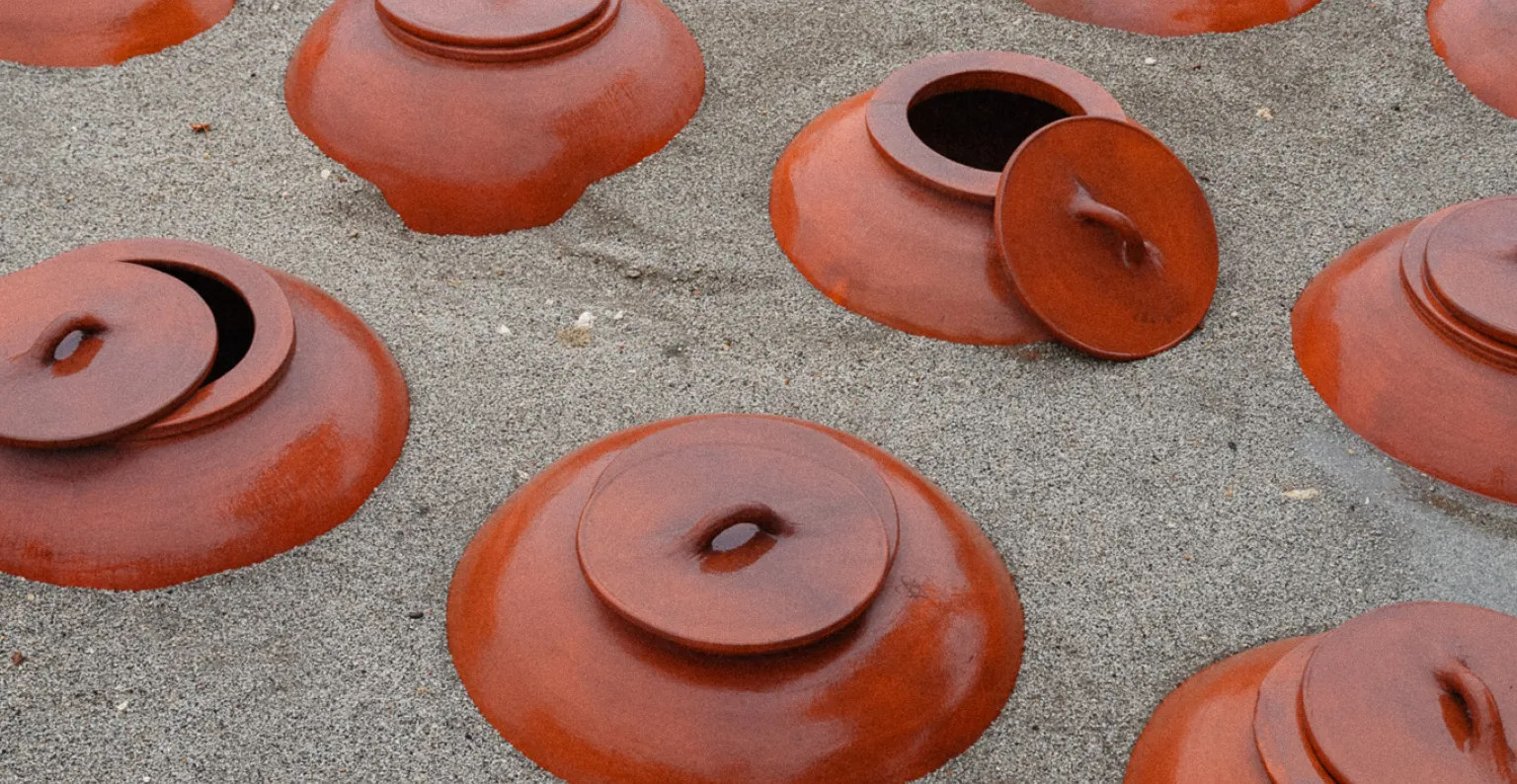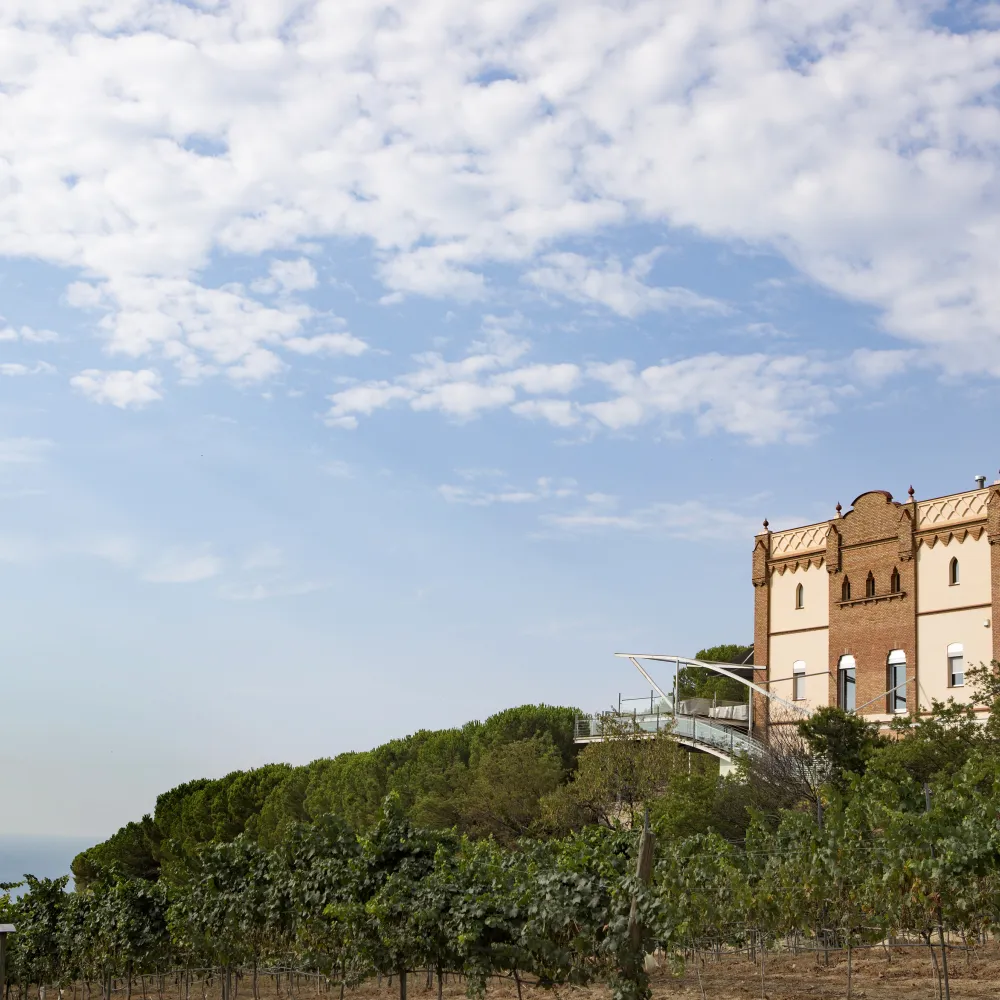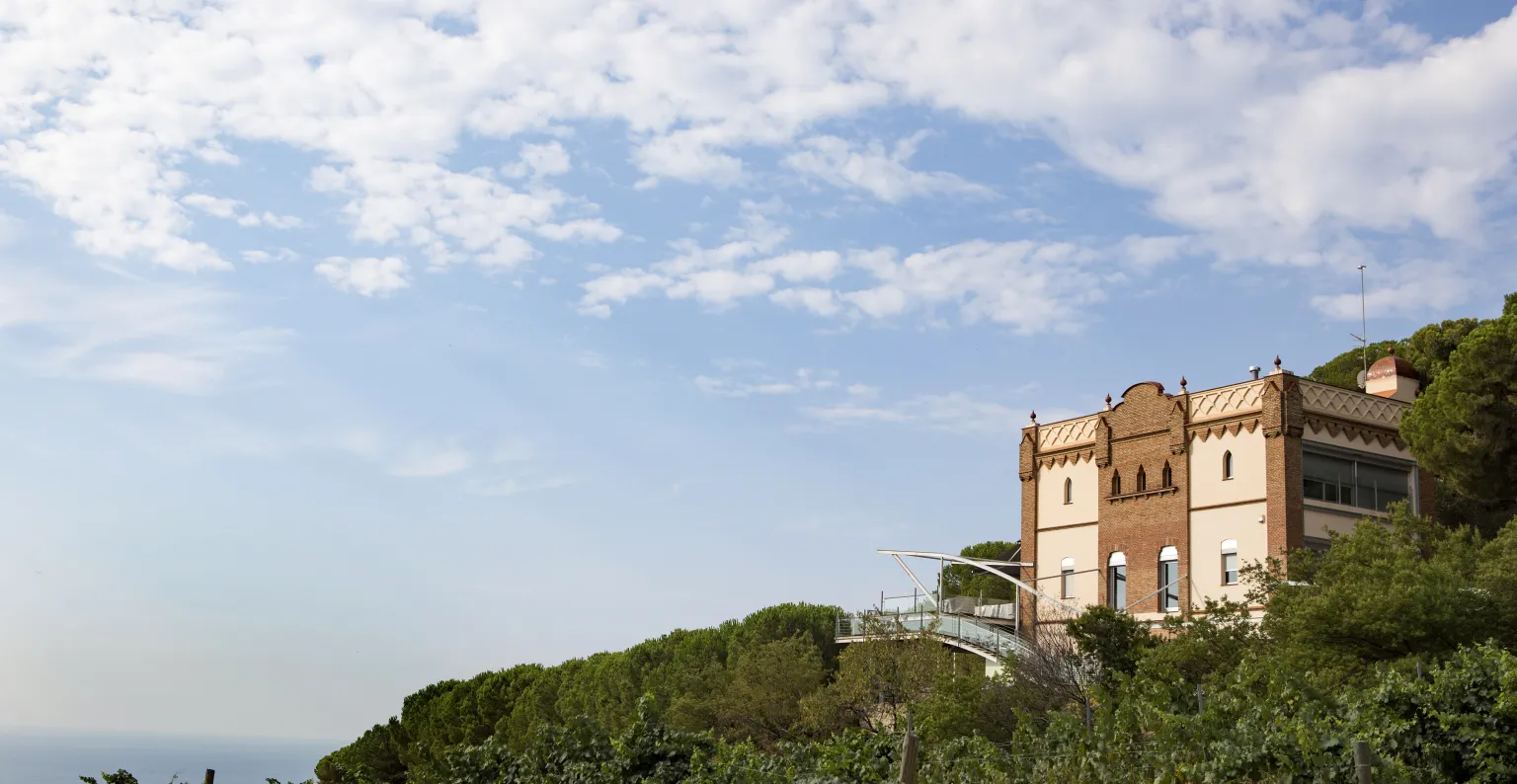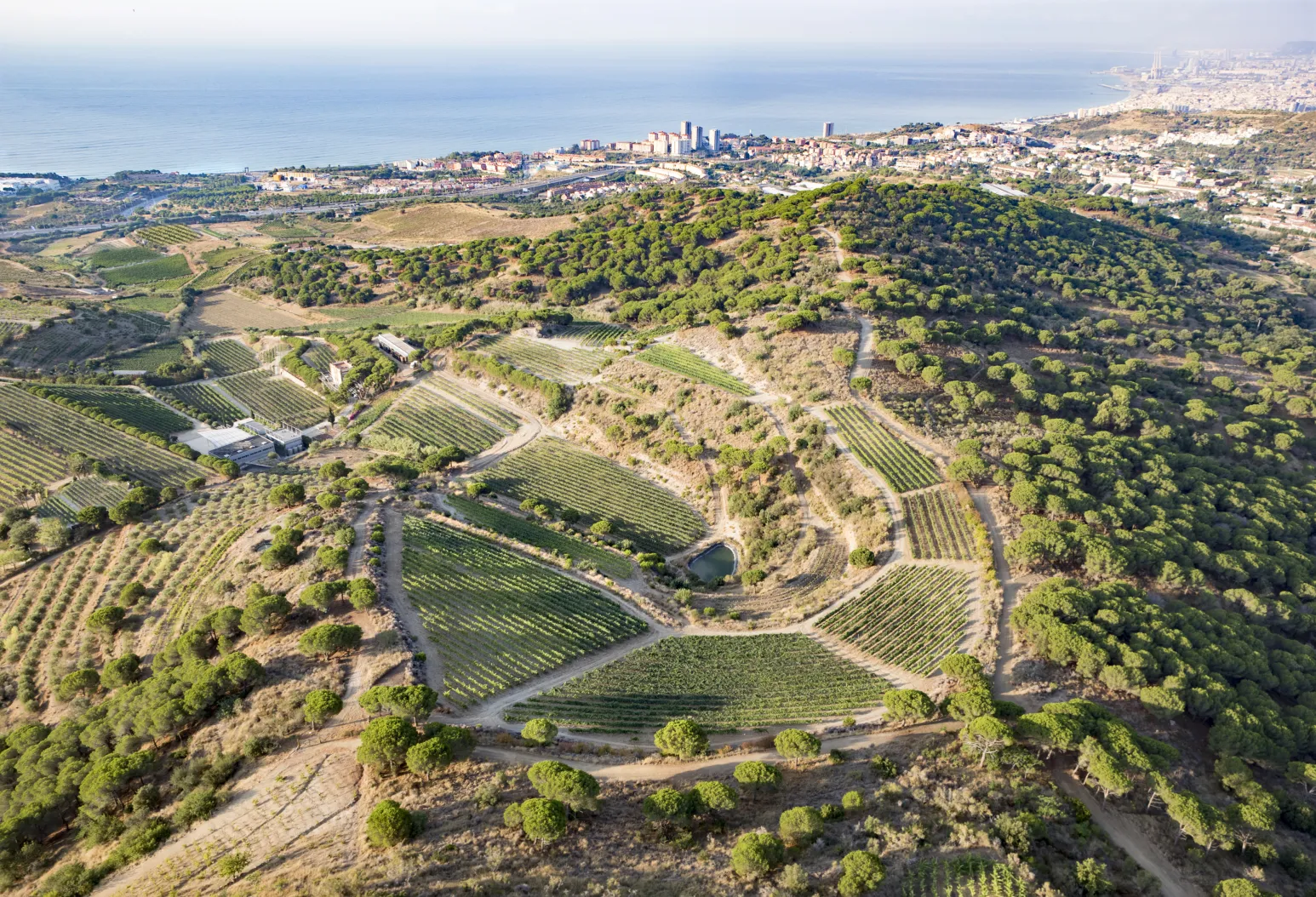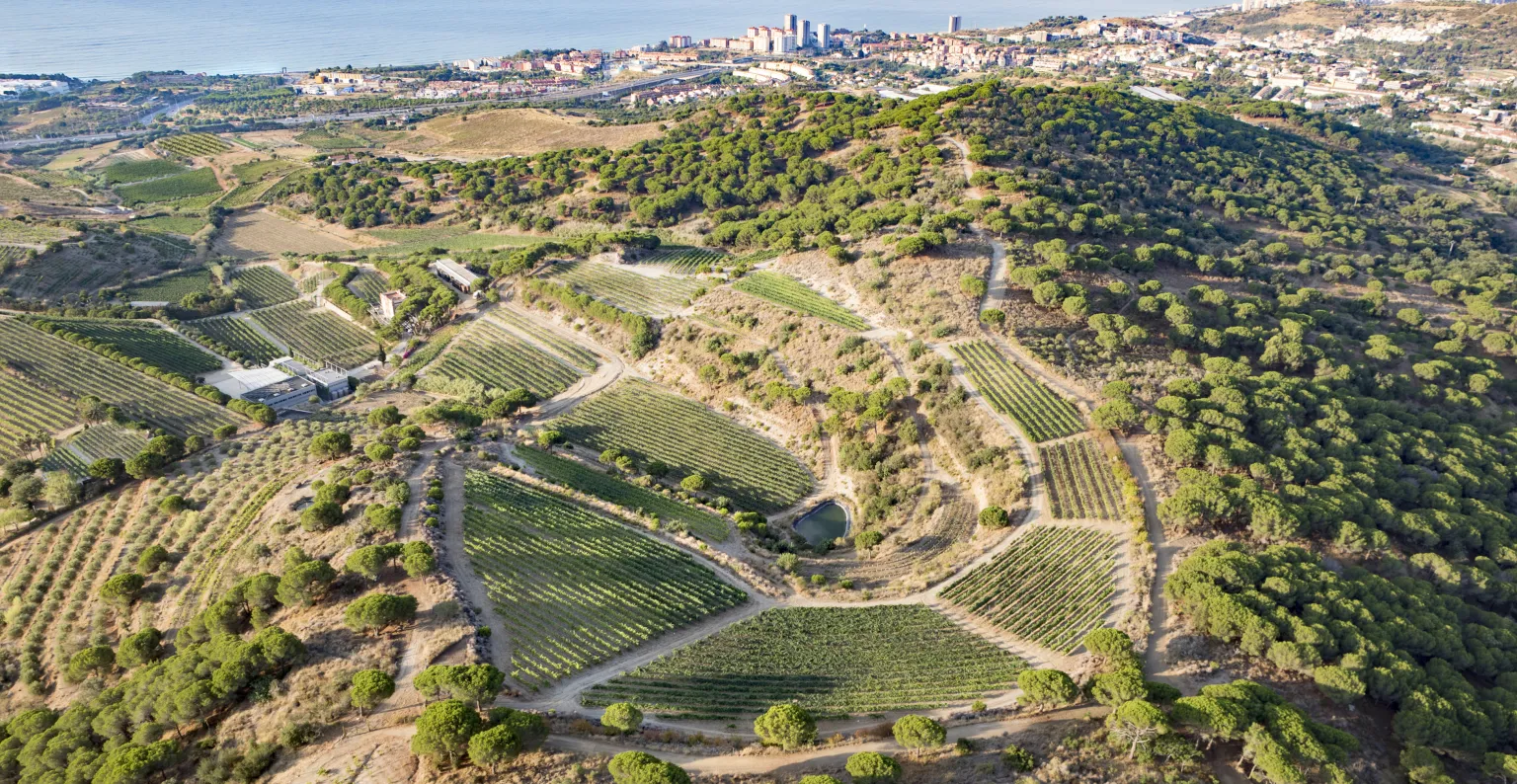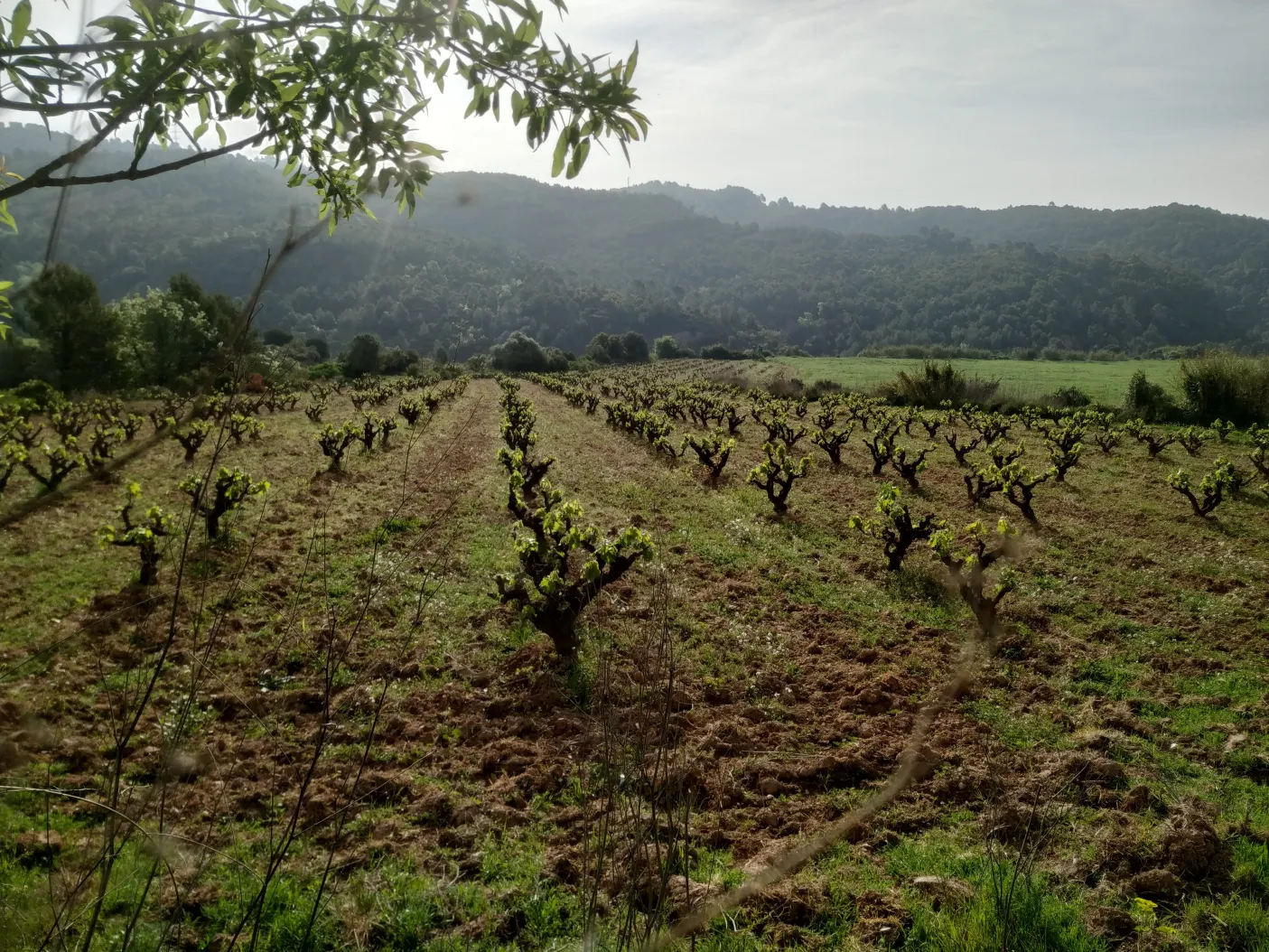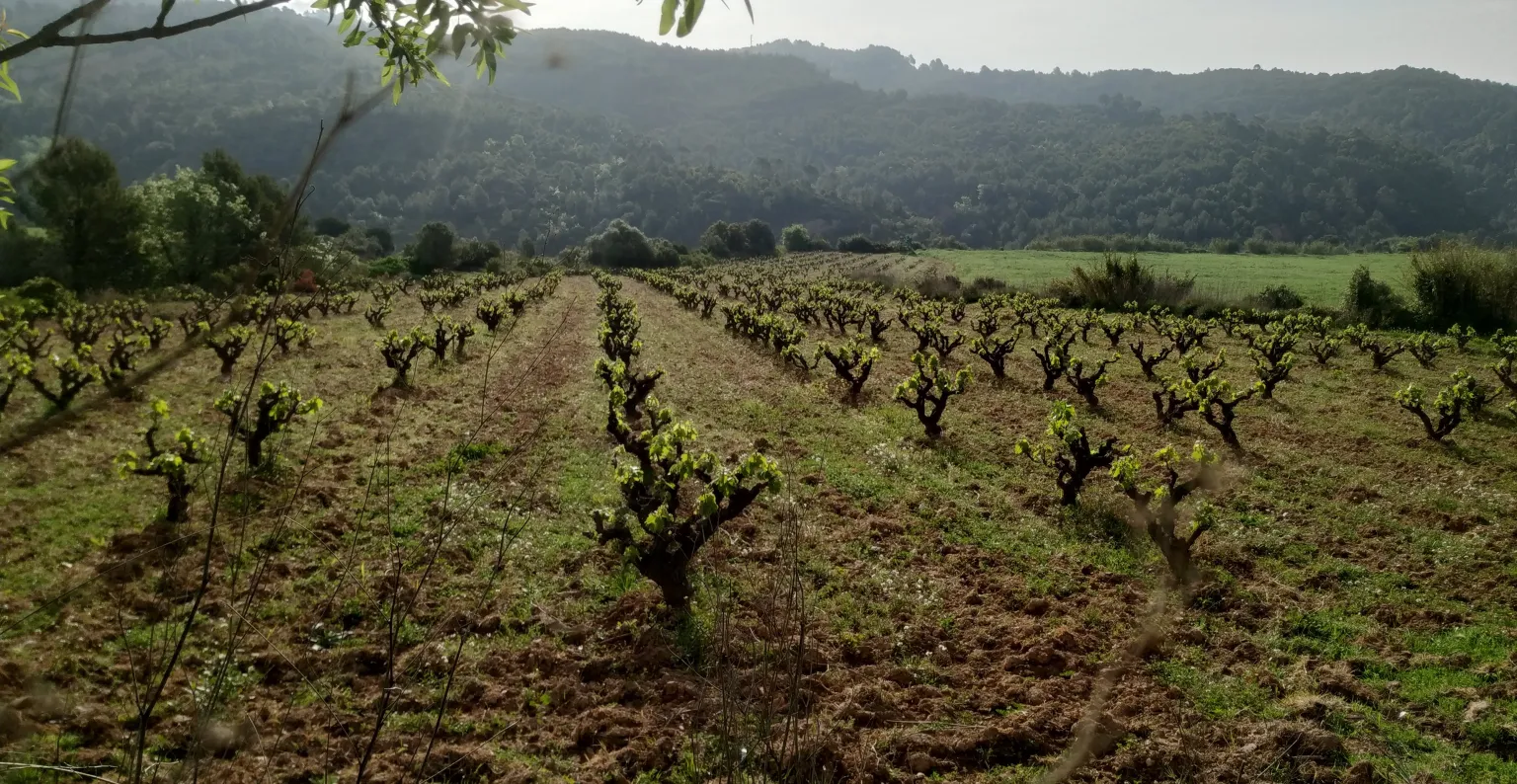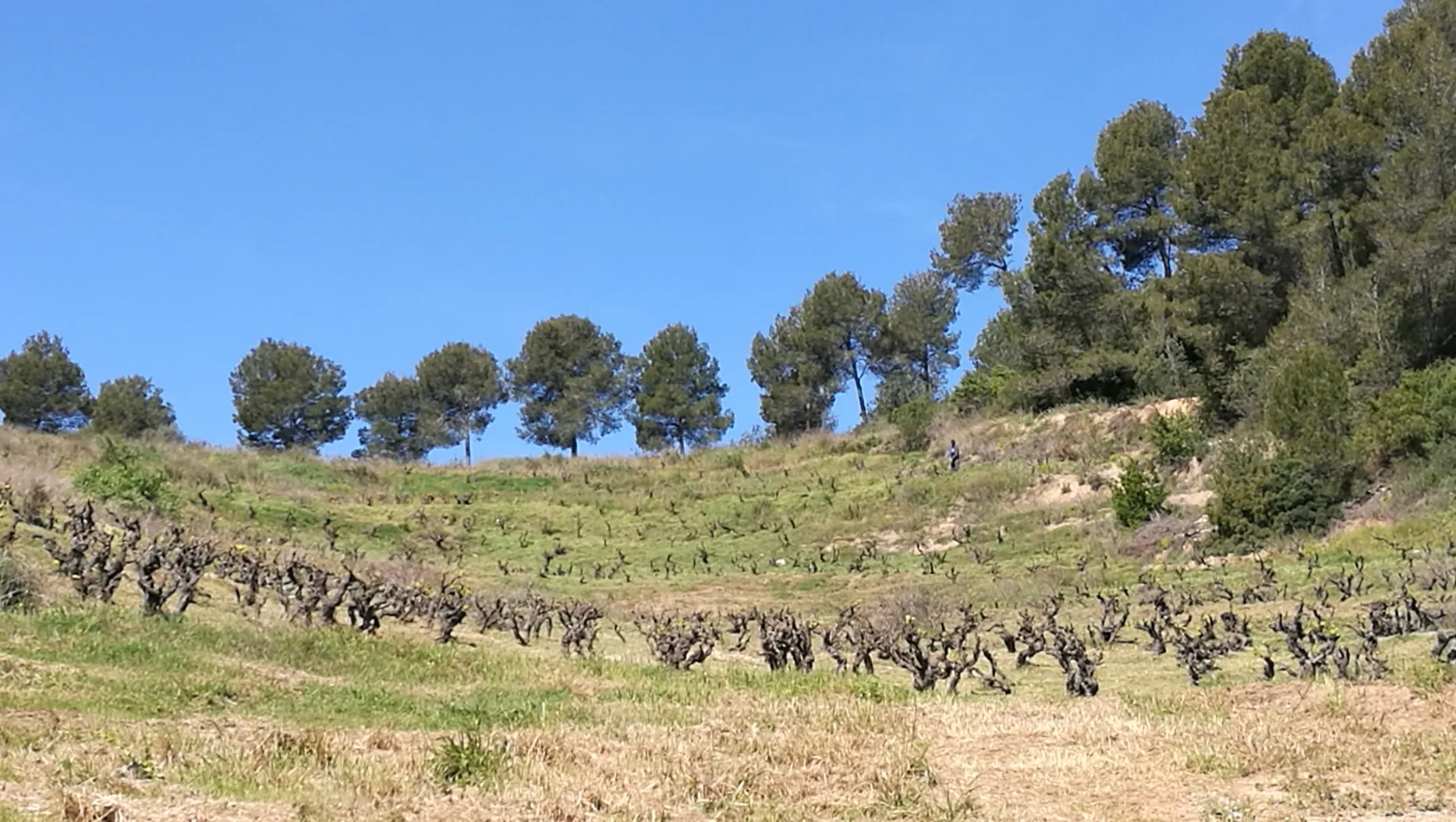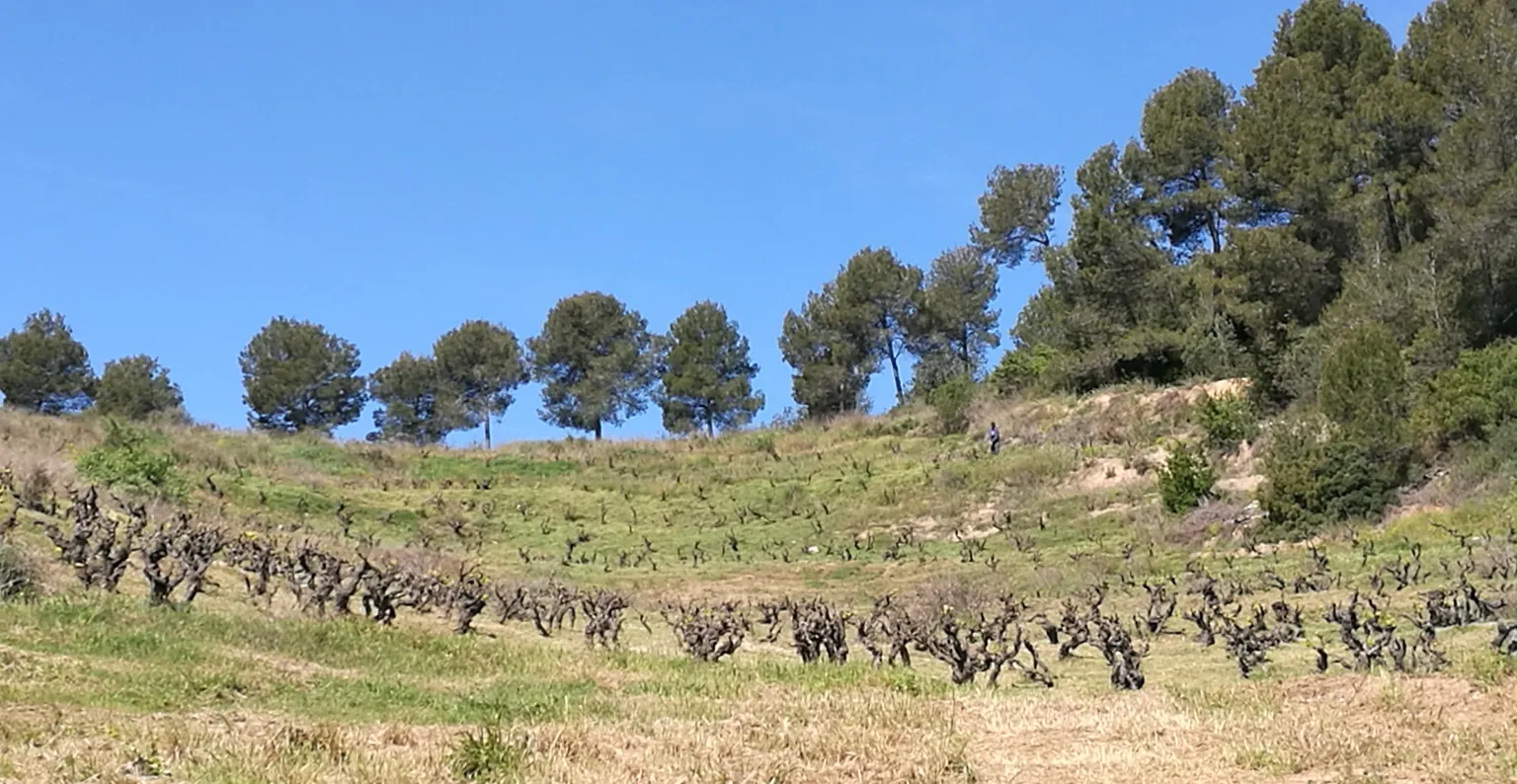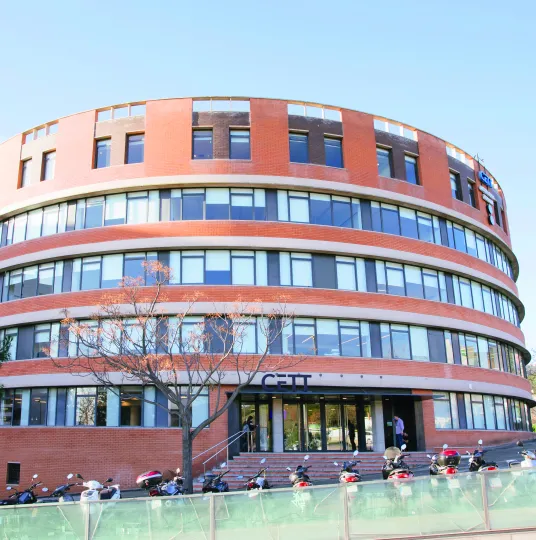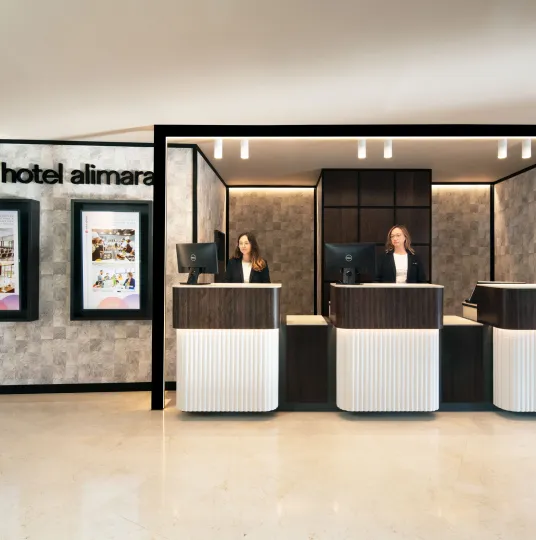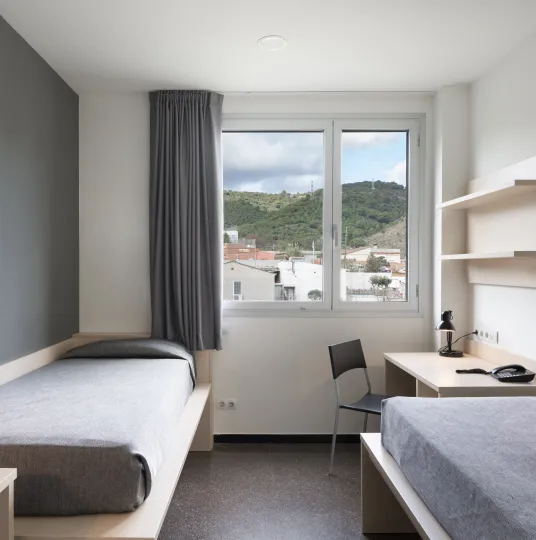International Congress on Gastronomic Tourism
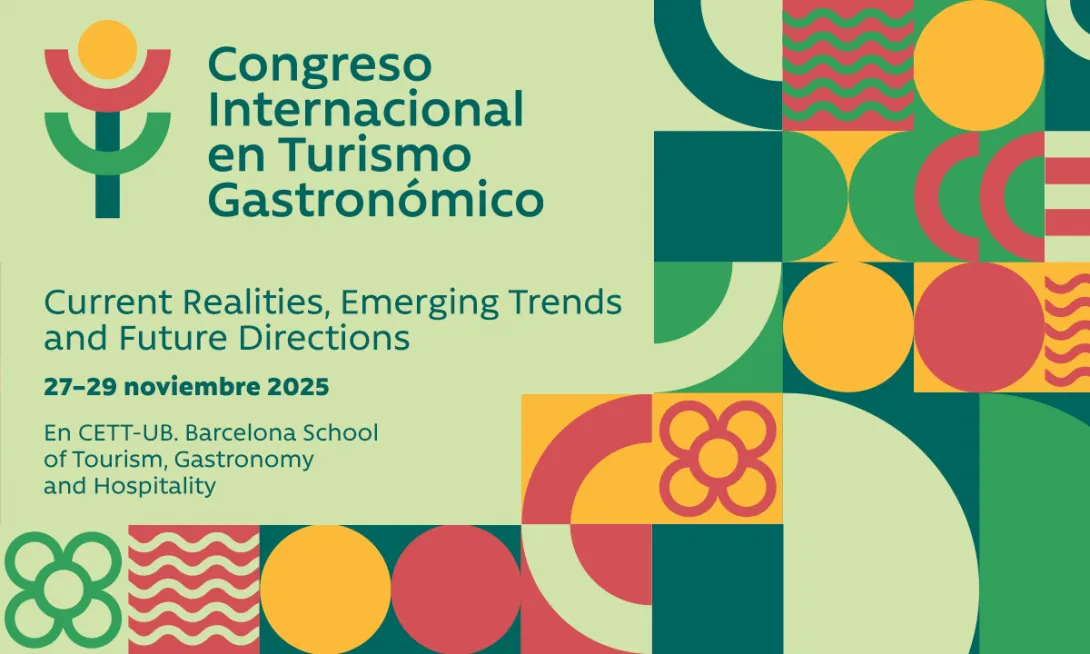
About the congress
The 1st International Congress on Gastronomic Tourism is an international and inter-university event that will take place in Barcelona from November 27 to 29, 2025. It is conceived as a space for reflection on the relationship between tourism and gastronomy.
The aim of the congress is to foster debate among academics, researchers, and professionals on current dynamics, interconnections, and new perspectives in the field of gastronomic tourism.
This congress takes place in the special context of Catalonia’s designation as the World Region of Gastronomy 2025, making it the first European region to receive this recognition. Furthermore, it is an international and inter-university congress in a hybrid format, responding to the need for a space for professionals, researchers, and the wider community interested in this topic.
Discover the Key Aspects of Culinary Tourism
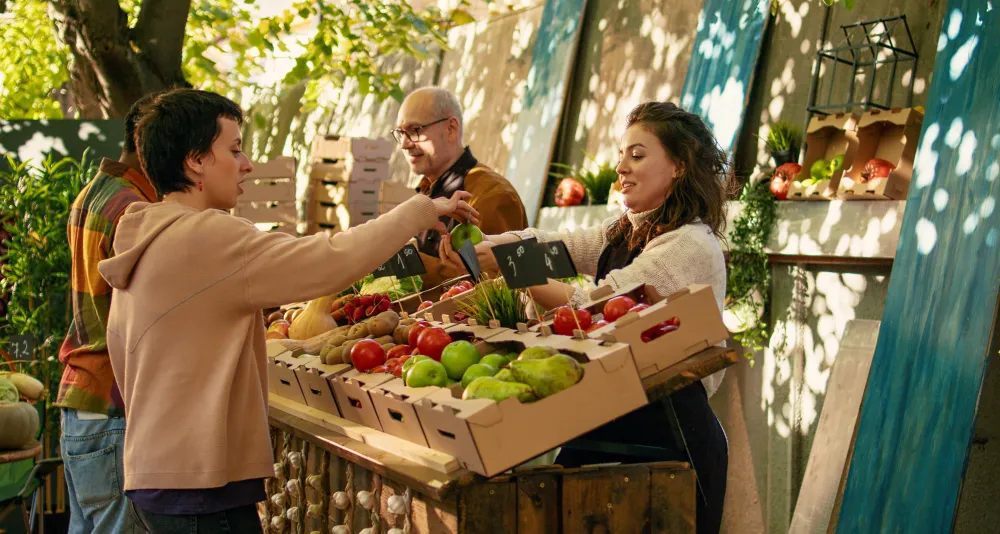
🏛️ Culture, Heritage, and Sustainability
Gastronomic tourism is a way to preserve intangible cultural heritage and promote local identity. This thematic focus will address:
- How tourism strengthens communities.
- Achieving social, economic, and environmental sustainability in the tourism industry.
- The vital role of women leaders in driving innovation and inclusion.
- The impact of new global cultural trends on the tourism sector.

📣 Strategic Positioning and Innovative Promotion
Food destinations are getting a makeover, using inventive strategies to shine on the world stage. We'll be looking at:
- The effect of official awards (like being named a culinary capital or region).
- Traditional and digital marketing approaches.
- The impact of storytelling through movies, novels, and immersive experiences.
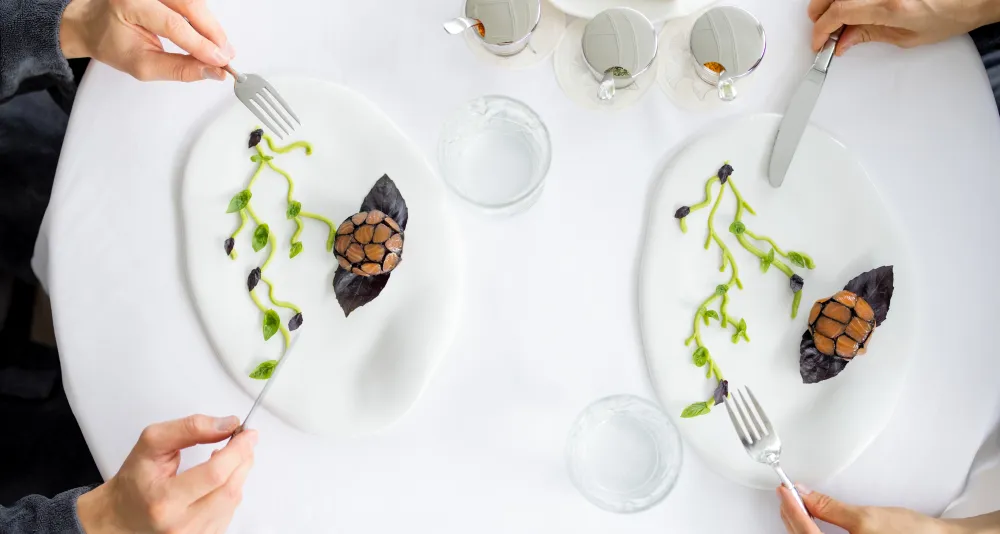
🚀 Innovation and Trends: The Future of Gastronomic Tourism
Gastronomy is changing, thanks to advancements in the food and tourism sectors. Key presentation topics include:
- Exciting new trends such as gastrodiplomacy and wine tourism.
- The role of multidisciplinary research in sparking culinary creativity.
- Emerging trends globally redefining the landscape of food tourism.
Parallel Communications Program
All speakers have until November 2 to request modifications. The final program will be published on November 11.
Registration fees
You can attend the conference as an assistant or as a researcher who wants to present a paper. In both cases the rates that apply are as follows:
Until September 12, 2025
- General rate €100
- Student fee €40
- CETT community (faculty, staff and CETT Alumni) and universities and centers co-organizers of the congress €0
You can add these experiences for an extra cost:
- Gala dinner €55
- Food and wine experience €40
From September 13, 2025 until November 2, 2025
- General rate €150
- Student fee €50
- CETT community (faculty, staff and CETT Alumni) and universities and centers co-organizers of the congress €0
You can add these experiences for an extra cost:
- Gala dinner €55
- Food and wine experience €60
Thematic Areas
Thematic Areas of the Congress include, but are not limited to:
- The development of gastronomic tourism linked to intangible heritage attractions and events, highlighting its contribution to cultural preservation and local identity.
- Gastronomic nominations and recognitions (e.g., Gastronomic Capital, World Region of Gastronomy, European Region of Gastronomy) as tools for positioning and competitiveness.
- Marketing strategies in gastronomic tourism applied to both destinations and businesses, including digital marketing and offer differentiation.
- The use of gastronomic brands as vectors for tourism promotion and economic development.
- Specific areas of gastronomic tourism such as gastrodiplomacy, wine tourism, and innovations in gastronomic experiences for businesses and destinations.
- Post-pandemic trends that have redefined gastronomic tourism and new associated consumption habits. The contribution of gastronomic tourism to the Sustainable Development Goals (SDGs) and its role in social, economic, and environmental sustainability.
- Future perspectives of gastronomic tourism: new forms, emerging processes, and cultural meanings.
- The influence of fiction, virtuality, and cinema as platforms for the promotion and storytelling of gastronomic tourism.
- New paths for academic research in gastronomic tourism, with a multidisciplinary and innovative approach.
- The role of women in gastronomy, wine service (sommelier), and leadership in gastronomic tourism, and their visibility in the sector.
Keynote Speakers
Roundtable: Catalonia, World Region of Gastronomy: Challenges and Opportunities in the Preservation of Gastronomic Heritage
- Damià Serrano, Director of Experience Marketing and Research at the Catalan Tourism Agency.
- Dèlia Perpinyà, director of PRODECA
- Joan Ribas, Researcher at the Alicia Foundation
- Enrique Alfonso Moltó, director Gasterra, Mediterranean Gastronomy Center - University of Alicante
Moderator: Dr. Xavier Medina, director of the UNESCO Chair of Food, Culture and Development of the UOC

Damià Serrano
Director of Experience Marketing and Research at the Catalan Tourism Agency
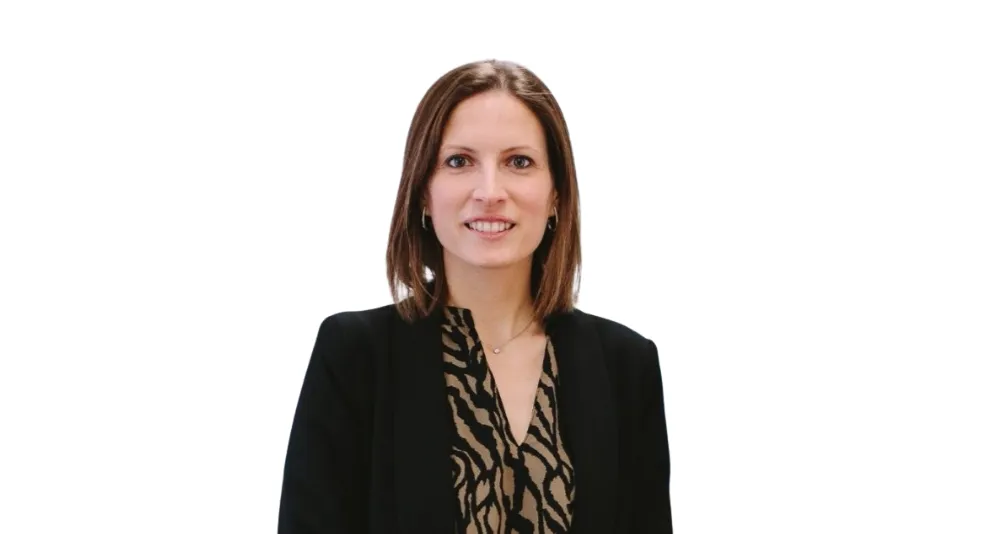
Dèlia Perpinyà
Director of PRODECA

Enrique Alfonso Moltó
Academic Coordinator of the Mediterranean Gastronomy Centre UA-Dénia GASTERRA
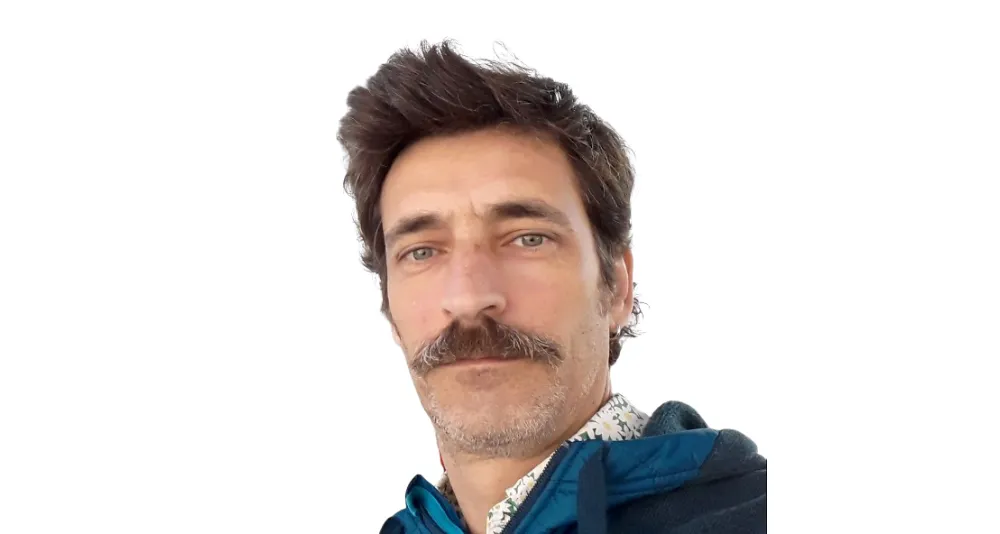
Joan Ribas
Researcher at the Alicia Foundation
Roundtable: Governance and Management of Gastronomic Tourism
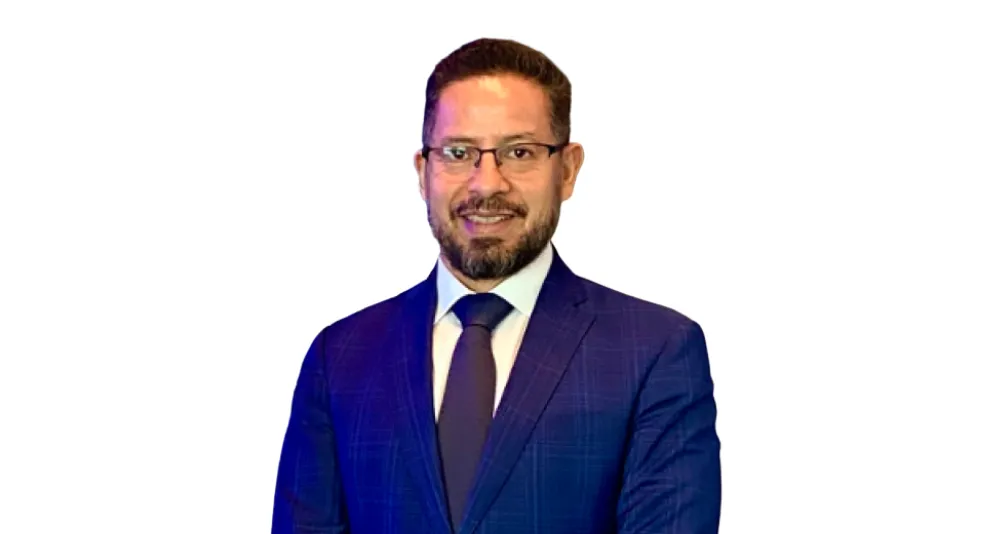
Dr. Antonio Montecinos
Director of the Gastronomic and Hotel Business Center (CEGAHO), Mexico

Sr. Juan Manuel Guimeráns Rubio
Manager of the Valladolid Tourism Promotion Joint Venture, SL, and Technical Director of the "Savor Spain" Association of Gastronomic Tourism Destinations
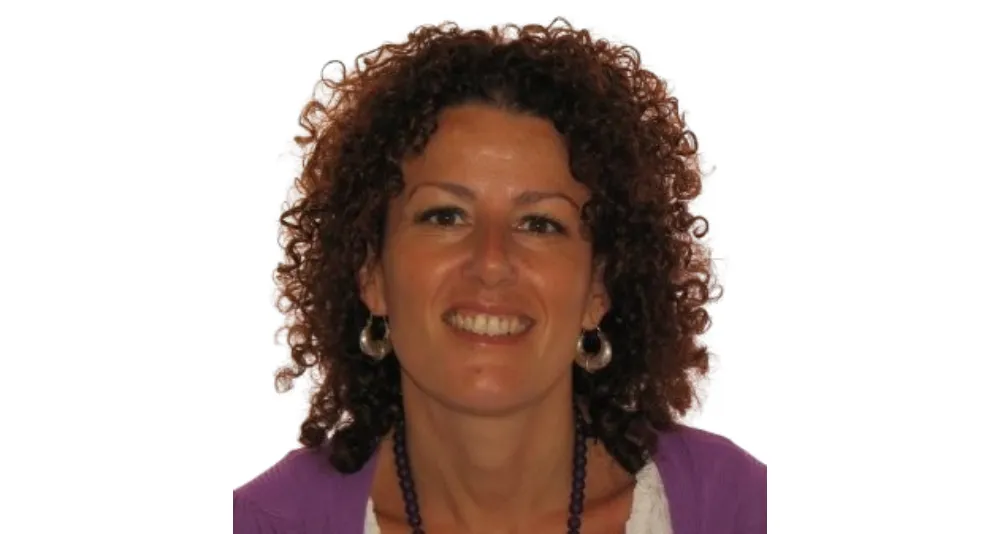
Dra. Blanca García Henche
President of Women in Gastronomy Castilla-La Mancha and Professor at the University of Alcalá de Henares.

Sra. Soledad Bravo
Manager of Tourism Services for the Barcelona Provincial Council
Roundtable: Gastronomic Destination Management, Saborea España

Vadim Koryagin Dubinski Fin
Director del Patronato de Turismo de Cambrils

José Francisco García
Gerente de Zaragoza Turismo
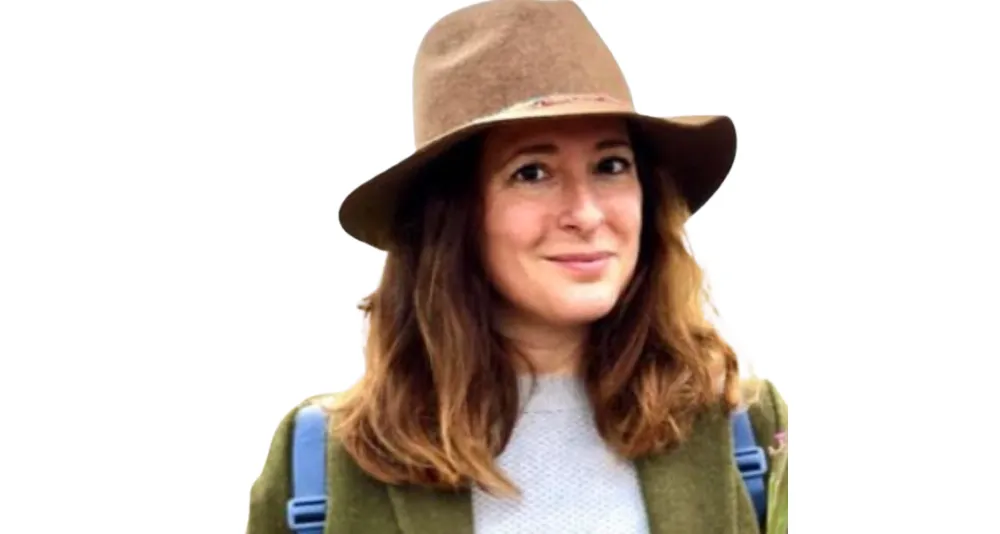
Désirée Stenderup
Product Manager for Gastronomy at the Visit Valencia Foundation
Visits
Several tours with limited seating have been scheduled during the congress. Attendees who have registered and paid will be able to choose which tours they wish to attend, taking into account the number of available seats and the order in which they request them.
language of the visitors: Spanish* (Simultaneous translation into English is not guaranteed for all content covered during the visit.)
Call for Abstracts
Participate in the congress with your paper!
All submissions must address one or more of the congress's thematic areas and will be anonymously reviewed by members of the Scientific Committee.
Selected papers will be presented orally during the congress and published in a digital proceedings book with an ISSBN.
How to submit a paper?
Anyone wishing to submit a paper must indicate this when registering as a congress participant. Once registration is complete, they will receive a web link through which they can submit an abstract of their contribution via the platform Easychair.
What should the abstract include?
The abstract must be 300 words in length. Its content should cover the key aspects of the paper, including: introduction, objectives, methodology, and results, as well as 3 to 5 keywords, following the downloadable template.
Accepted languages are Catalan, Spanish, English, and Portuguese.
Oral Presentation
All accepted papers must be presented at the congress by at least one of the authors, who must be registered for this purpose. Authors who are not registered for the congress will not be entitled to receive the official certificate of presentation.
Presentations of papers and talks at the congress may be delivered in any of the four accepted languages: Catalan, Spanish, English, or Portuguese.
Deadlines and Key Dates
- April 11, 2025 – Opening of participant registration and payment
- May 11, 2025 – Deadline for abstract submission (first call)
- June 11, 2025 – Notification of accepted abstracts
- August 11, 2025 – Deadline for abstract submission (second call)
- September 11, 2025 – Notification of accepted abstracts
- September 12, 2025 – Deadline for early bird registration
- October 11, 2025 – Deadline for registration of authors with accepted papers
- November 2, 2025 – Deadline for general registration
- November 11, 2025 – Publication of the final congress program
Registration Fees
Until September 12, 2025
- General fee: €100
- Student fee: €40
- CETT community and co-organizing universities and institutions: Free
- Gala dinner: €55
- Wine & Gastronomy Experience: €40
From September 13 to November 2, 2025
- General fee: €150
- Student fee: €50
- CETT community and co-organizing universities and institutions: Free
- Gala dinner: €55
- Wine & Gastronomy Experience: €60
Publication Opportunities
The most relevant papers presented during the congress will be eligible for publication in selected academic journals. These papers will undergo anonymous peer review and must comply with the editorial standards of each journal.
-
Registration Conditions and Payment Method
Once the registration form has been completed, a confirmation email will be sent with the available payment options.
The registration fee includes access to all sessions, certificates, congress documentation, materials, proceedings, excursions, meals, and coffee breaks. The gala dinner and the enogastronomic experience on Saturday are not included in the congress fee.
For payments via bank transfer, the payment must be made to the following account:
BANK: Caixabank
ACCOUNT HOLDER: Estudis d'Hoteleria i Turisme CETT S.A.
IBAN: ES10 21003642 192200099891
REFERENCE: Name and surname_1CITGFor the student rate, once the payment has been made, proof of enrollment must be provided by sending the enrollment certificate to the email address: [email protected].
-
Scientific Committee
The scientific committee includes experts from various institutions, such as:
- Dr. Ainhoa Carballido, CETT-UB Barcelona School of Tourism, Hospitality and Gastronomy
- Dr. Antonio Montecinos, Centro Empresarial Gastronómico Hotelero (Mexico)
- Antonio Romero Pastor, University of Alicante
- Arturo Jiménez Rodríguez, University of Alicante
- Dr. Carlos Hiriart, Universidad de Morelia Michoacán
- Dr. Carlos J. Baños Castiñeira, University of Alicante
- Dr. Claudio Milano, University of Barcelona
- Dr. Elena Ridolfi, CETT-UB Barcelona School of Tourism, Hospitality and Gastronomy
- Dr. Enrique Moltó, University of Alicante
- Dr. Eugeni Osàcar Marzal, CETT-UB Barcelona School of Tourism, Hospitality and Gastronomy
- Dr. Jordi Arcos-Pumarola, CETT-UB School of Tourism, Hospitality and Gastronomy
- Dr. José Antonio Pérez-Aranda, CETT-UB Barcelona Hospitality and Gastronomy
- Dr. José Antonio Vázquez-Medina, Research Center for Food and Development, Mexico
- Dr. Josep Antoni Ivars Baidal, University of Alicante
- Dr. Laia Encinar, CETT-UB Barcelona School of Tourism, Hospitality and Gastronomy
- Dr. Oriol Anguera-Torrell, CETT-UB Barcelona Hospitality and Gastronomy
- Dr. Raúl Compés, University of Zaragoza
- Dr. Ricardo Hernández, University of Córdoba (Spain)
- Dr. Rogelio Martínez, University of Guadalajara (Mexico)
- Dr. Sangkyun Kim, Edith Cowan University
- Dr. Xavier Medina, Open University of Catalonia
- Dr. Xavier Font Urgell, Directorate-General for Tourism of Catalonia
- Dr. Anna Torres Delgado, University of Barcelona
- Dr. Berta Ferrer, University of Lleida
- Dr. Blanca Henache, University of Alcalá de Henares
- Dr. Emma Pla Russa, CETT-UB Barcelona School of Tourism, Hospitality and Gastronomy
- Dr. Erica Salvaj, Universidad del Desarrollo, Chile
- Dr. Estela Mariné-Roig, University of Lleida
- Dr. Elisa Rico Cánovas, University of Alicante
- Dr. Genoveva Millán, Loyola University (Spain)
- Dr. Helena Martín Gómez, CETT-UB School of Tourism, Hospitality and Gastronomy
- Dr. Mª Pilar Leal Londres, CETT-UB Barcelona Hospitality and Gastronomy
- Dr. Montserrat Crespi, University of Barcelona
- Dr. Nayra Llonch Molina, University of Lleida
- Dr. Núria Huete, University of Castilla-La Mancha
- MSc. Fiorella Orozco Sibille, Universidad Peruana de Ciencias Aplicadas – Lima (Peru)
- MSc. Gabriel Santos, Deputy Director of the Wine and Agrotourism Chair, University of La Laguna
- MSc. Giannina Robinson, Universidad Peruana de Ciencias Aplicadas – Lima (Peru)
- MSc. Michele Barton, Pacífico Business School, Lima (Peru)
CETT Campus
The first edition of the congress will take place in the city of Barcelona, Spain.
The CETT Campus features the first university hotel in the country, offering accommodation to all attendees at special rates. Reservations can be made by sending a request to [email protected].
-
Conditions for booking accommodation at the Alimara Hotel
Taking advantage of this opportunity, the Alimara Hotel is offering all attendees and conference participants the opportunity to stay at a special rate and enjoy a warm and comfortable atmosphere during their participation in the conference. To make a reservation and apply the discount code, please make your reservation through the hotel's website and validate the promotional code: "CITG."
Room reservations at the special rate are valid for the nights of November 26th through 30th and must be made online. Reservations are valid only while availability lasts, and the code is not valid for reservations already made or those booked through third parties.
-
Conditions for booking accommodation at the Àgora Barcelona Residence
Taking advantage of this opportunity, Àgora residence hall is offering all attendees and conference participants the opportunity to stay at a special rate and enjoy a comfortable environment during their participation in the conference.
To make a reservation and apply the discount code, please make your reservation through the residence's website and/or by sending an email to [email protected] and validating the promotional code CETT CIITG. The price per night and person for accommodation and breakfast is €65, VAT included.
How to get there
Organization
The first edition is led by CETT, Barcelona School of Tourism, Hospitality & Gastronomy – University of Barcelona, but the congress is co-organized by various universities and institutions specialized in gastronomic tourism.
-
Co-organizers
The congress is organized by the University of Alcalá de Henares, the Peruvian University of Applied Sciences (UPC) in Lima, Peru, the Mediterranean Gastronomy Center (GASTERRA) of the University of Alicante, and the UNESCO Chair in Food, Culture and Development at the Open University of Catalonia (UOC).
-
Contact
For more information or to resolve any questions, please contact us at our email address: [email protected].
-
Coorganized by
-
With the support of:
-
Collaborating Institutions
